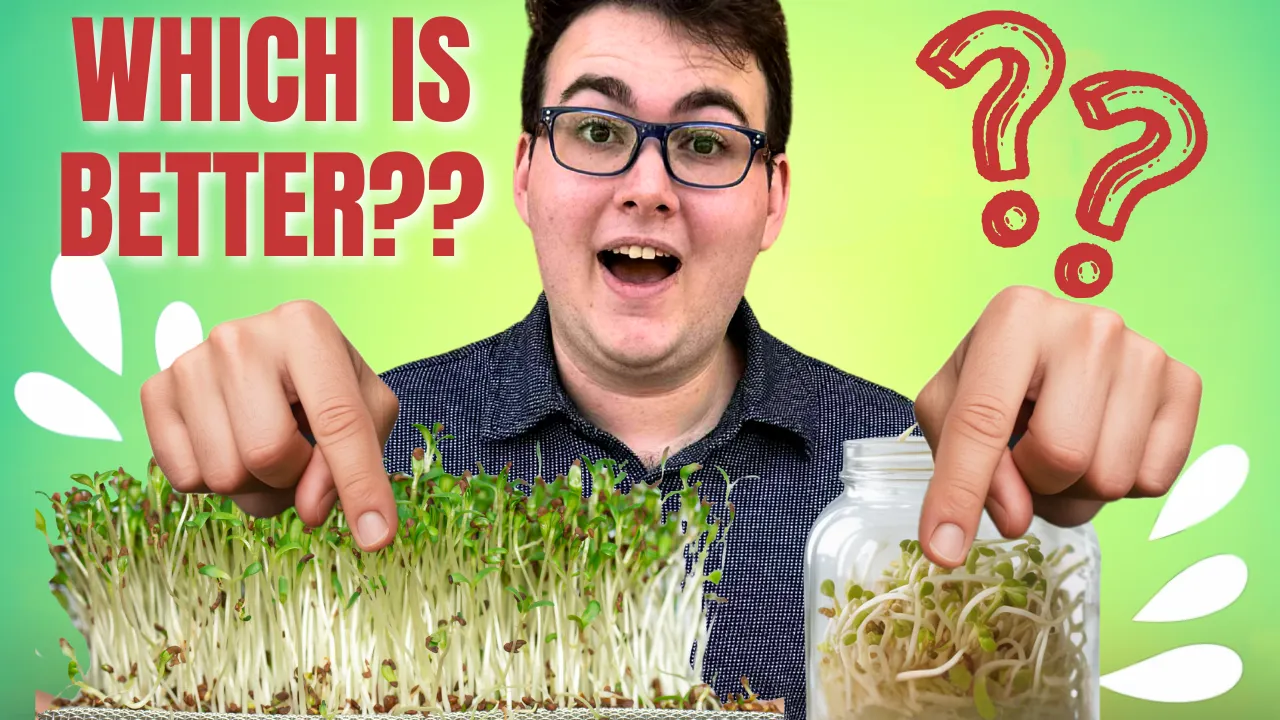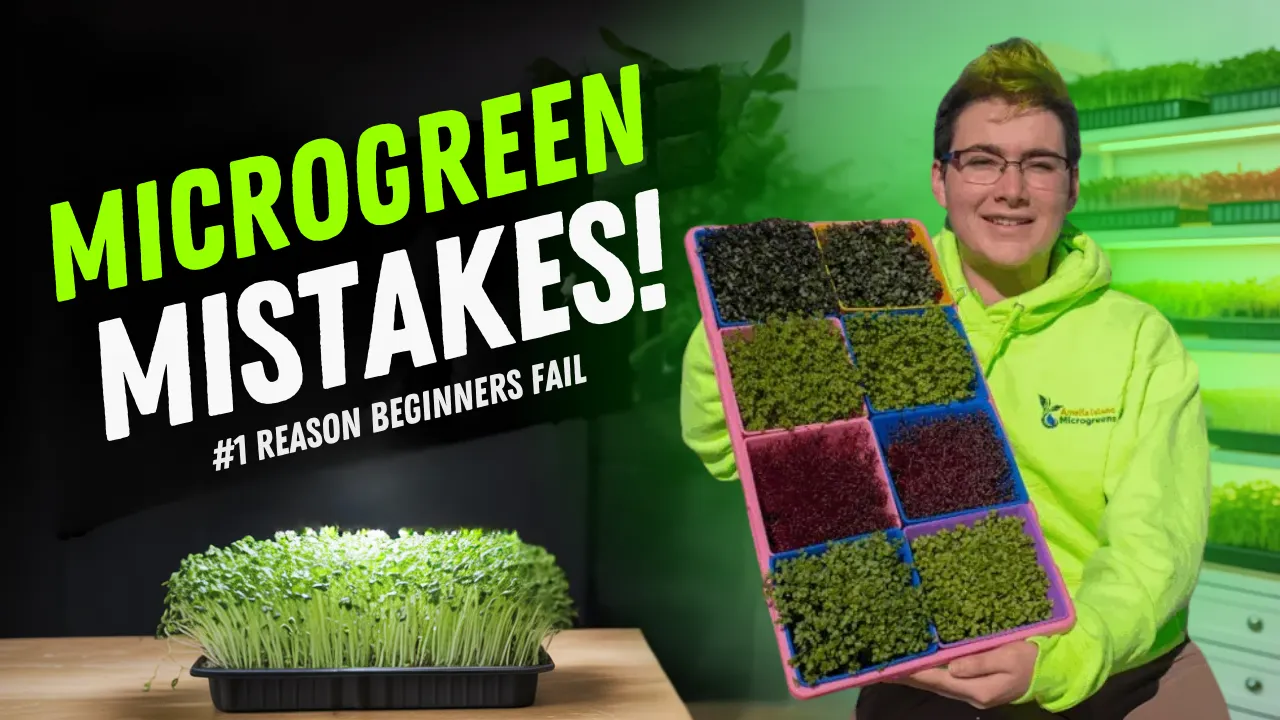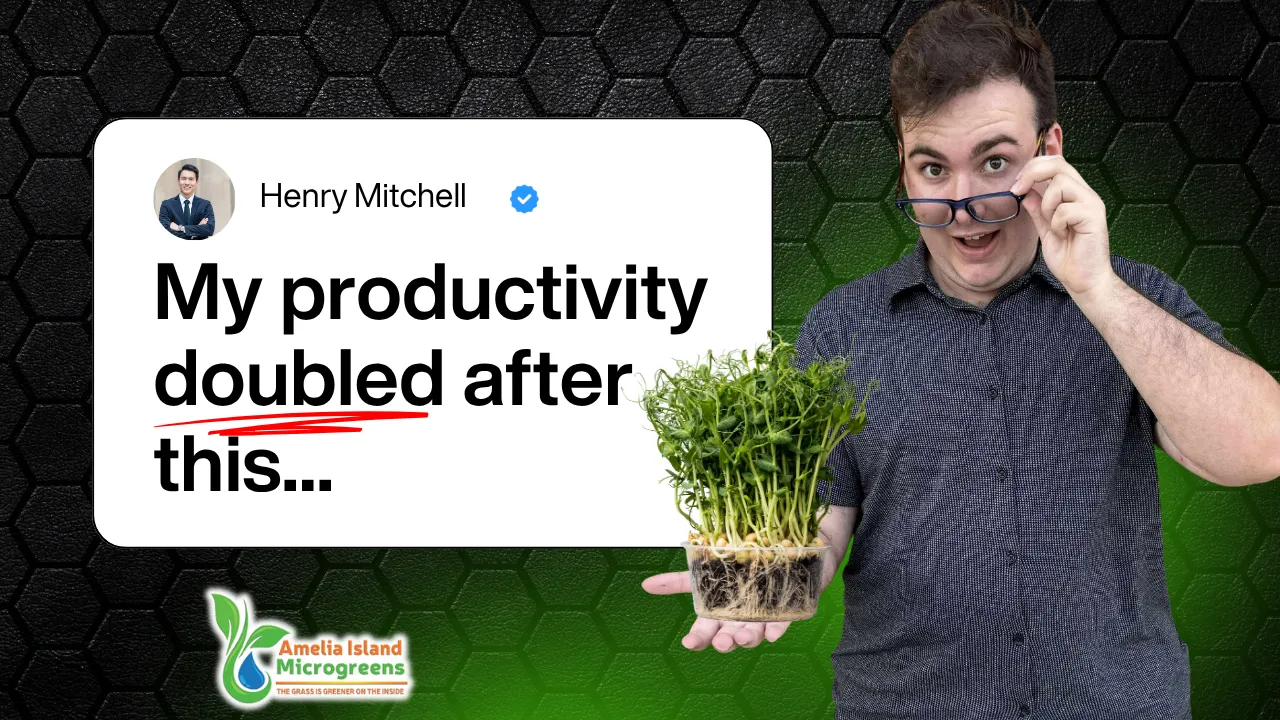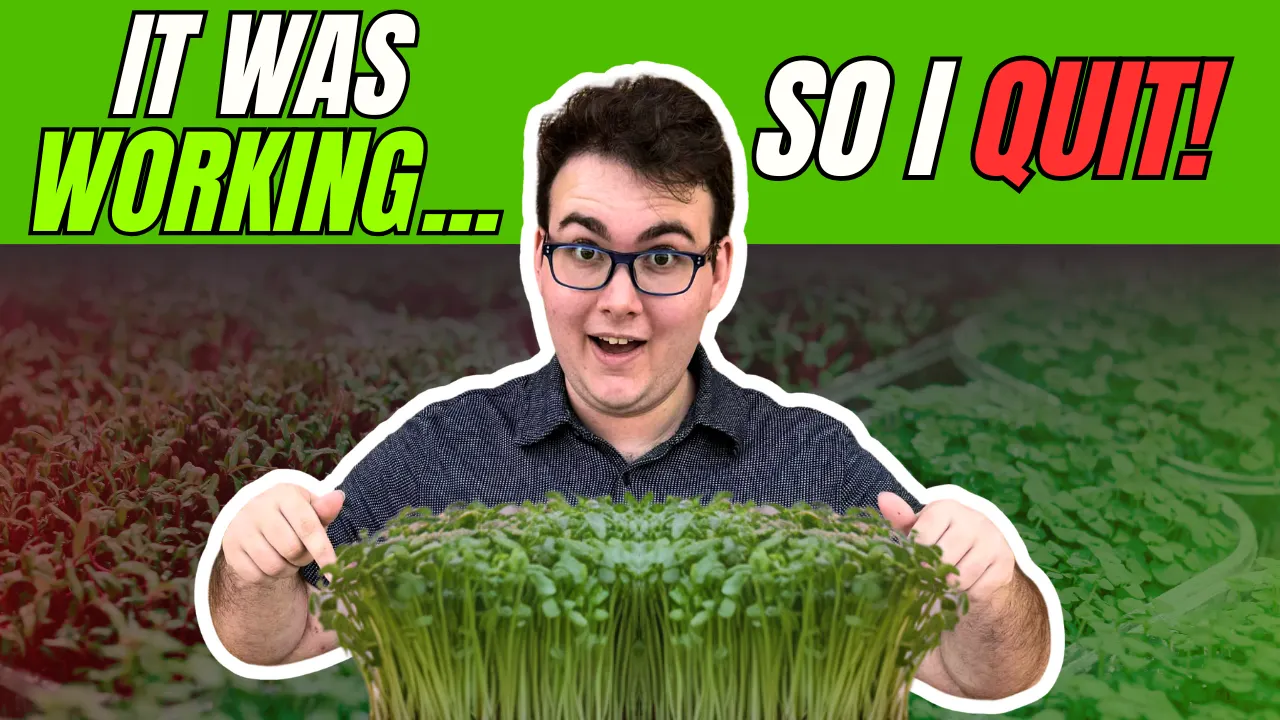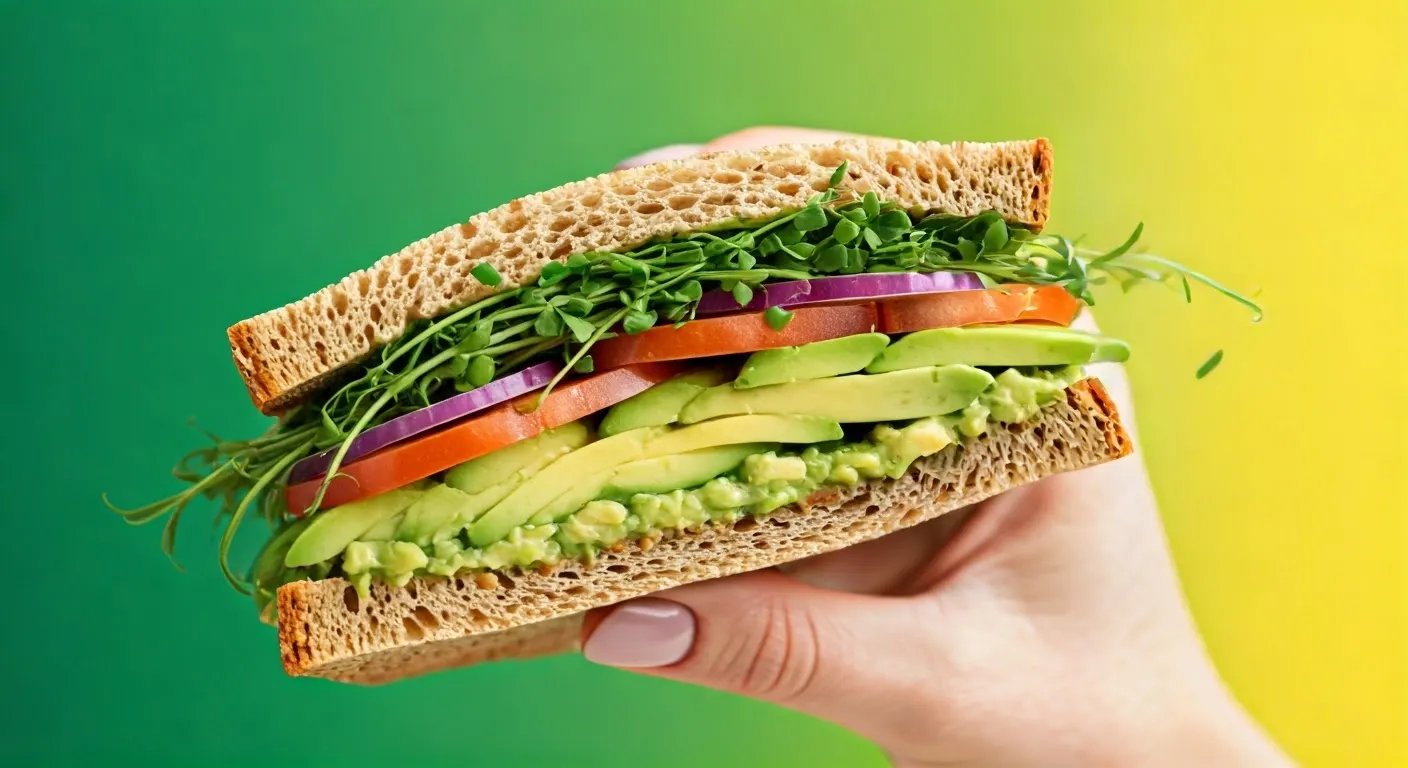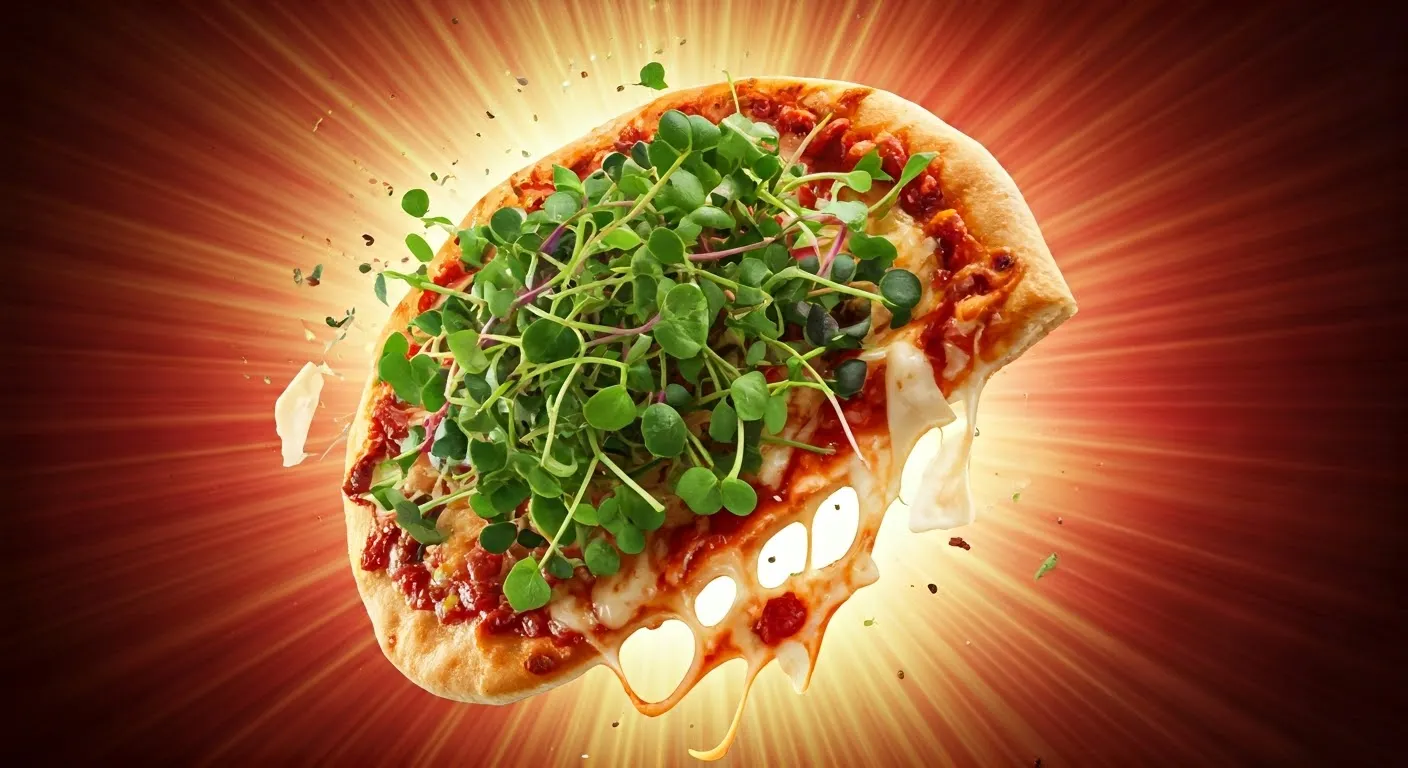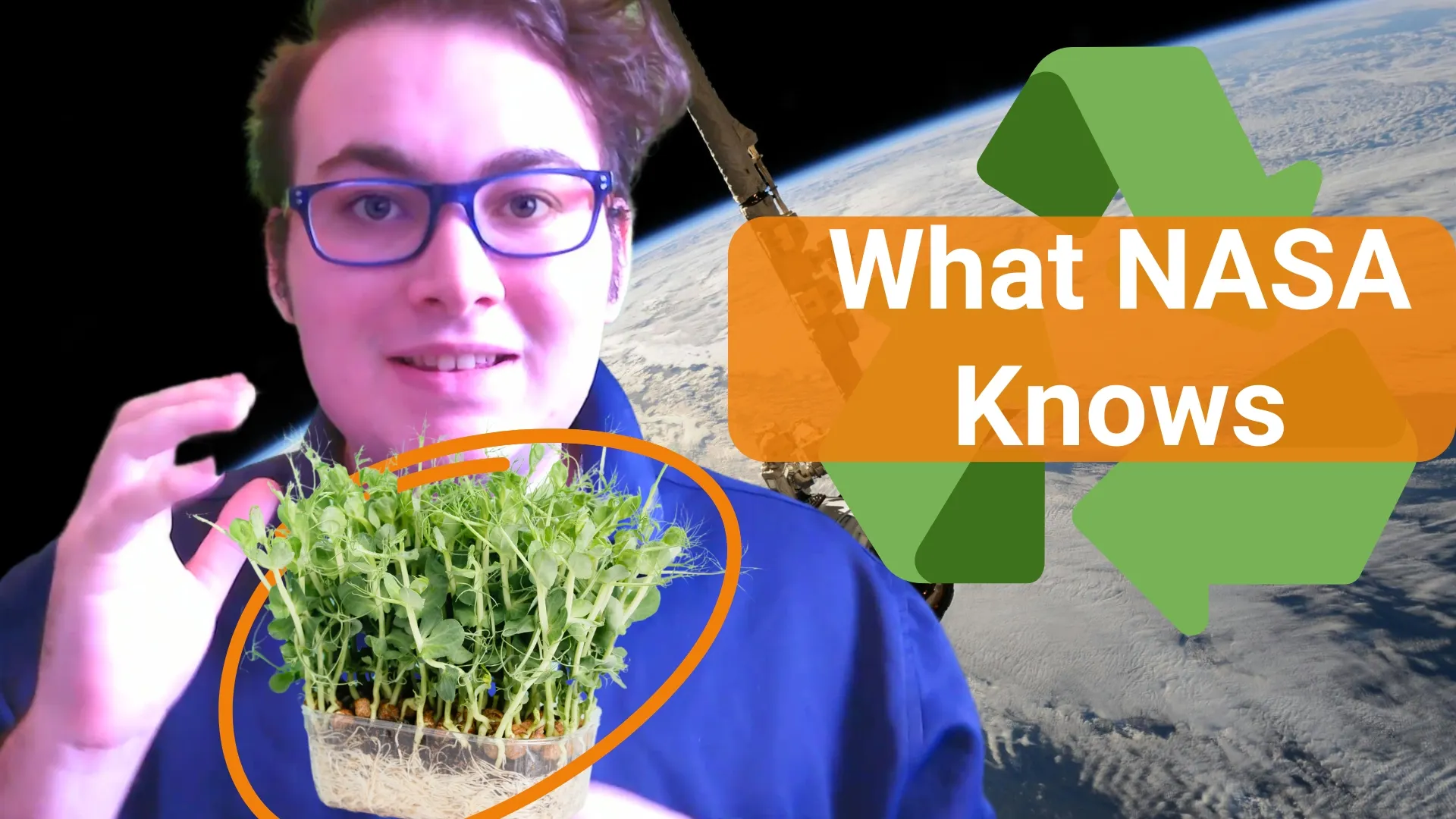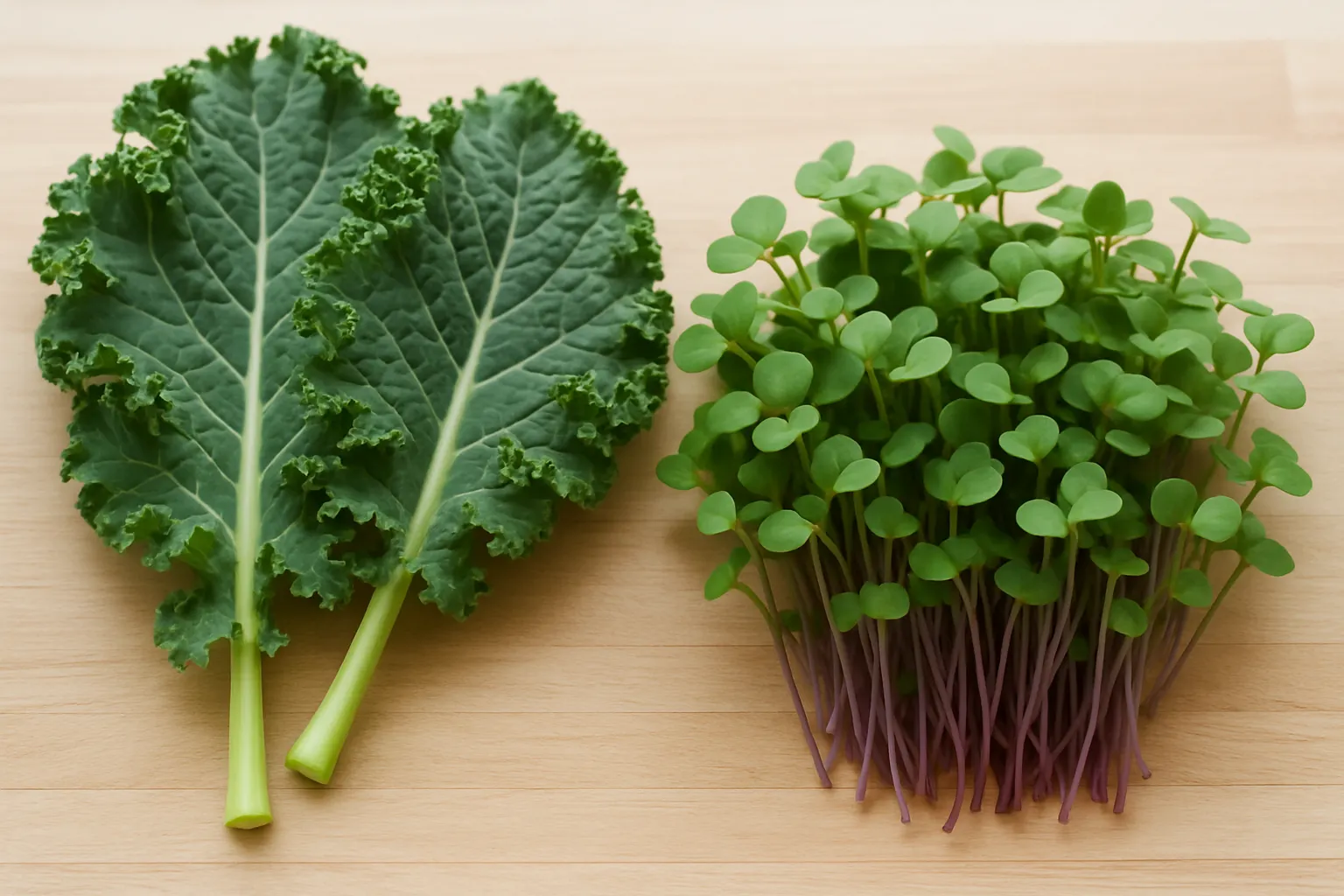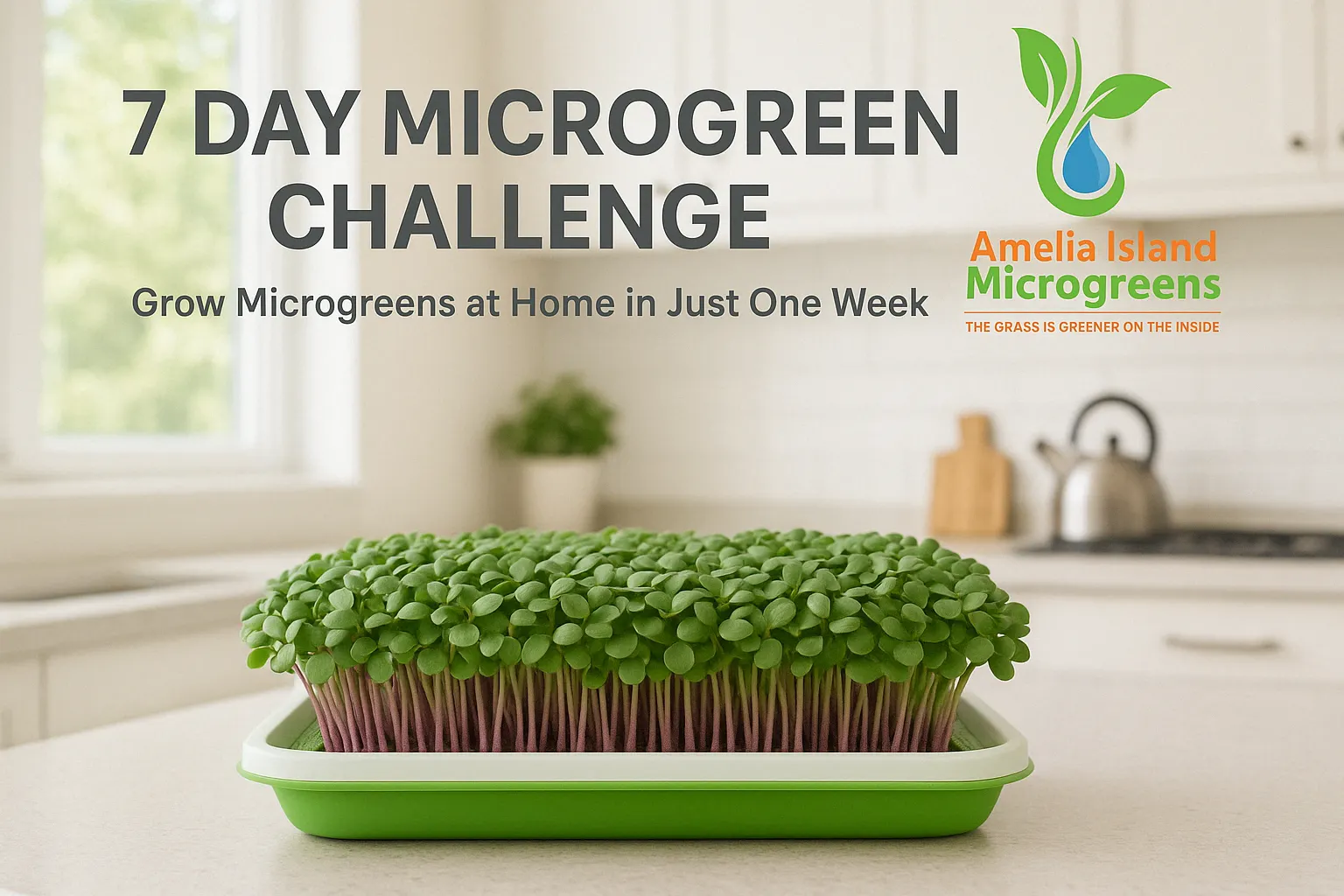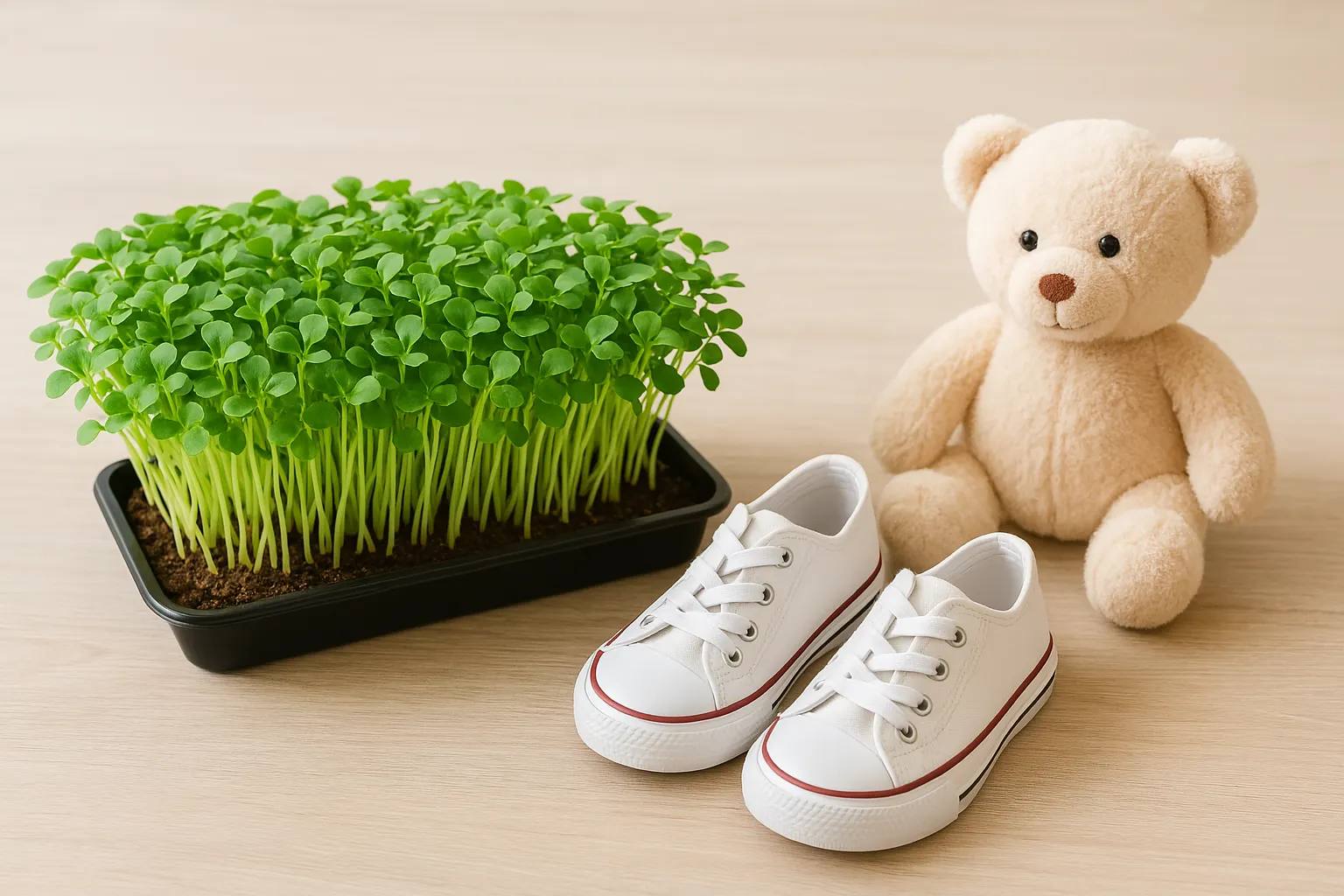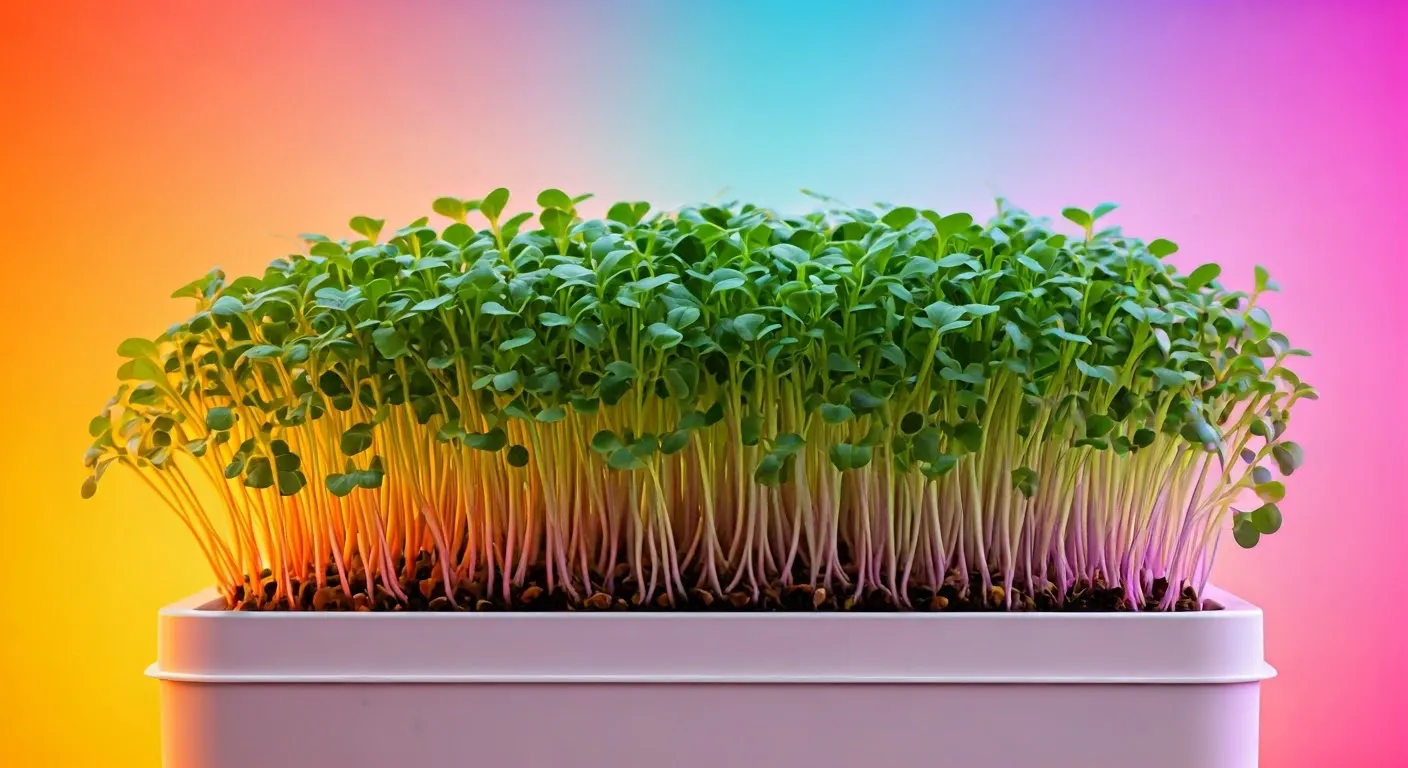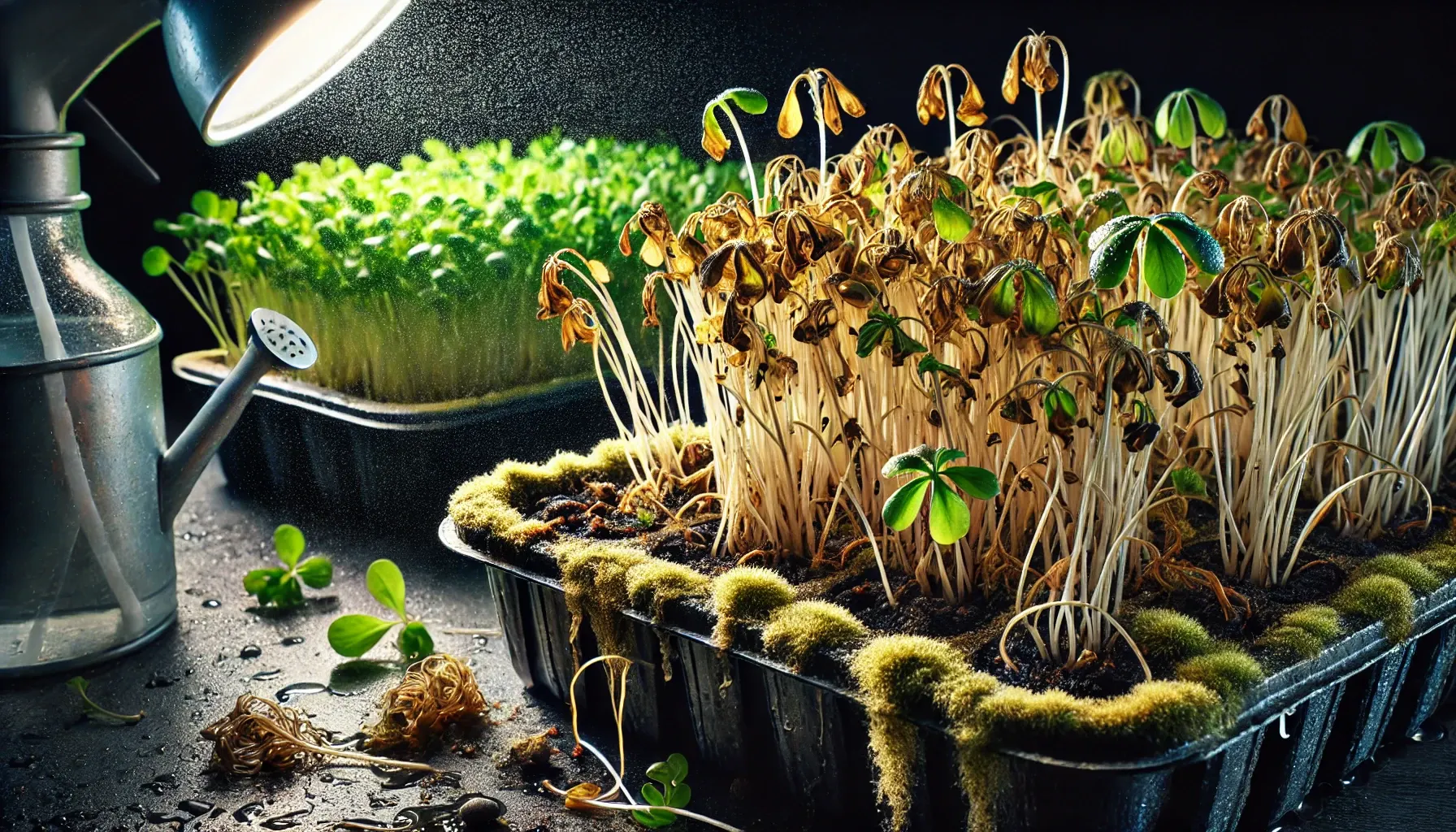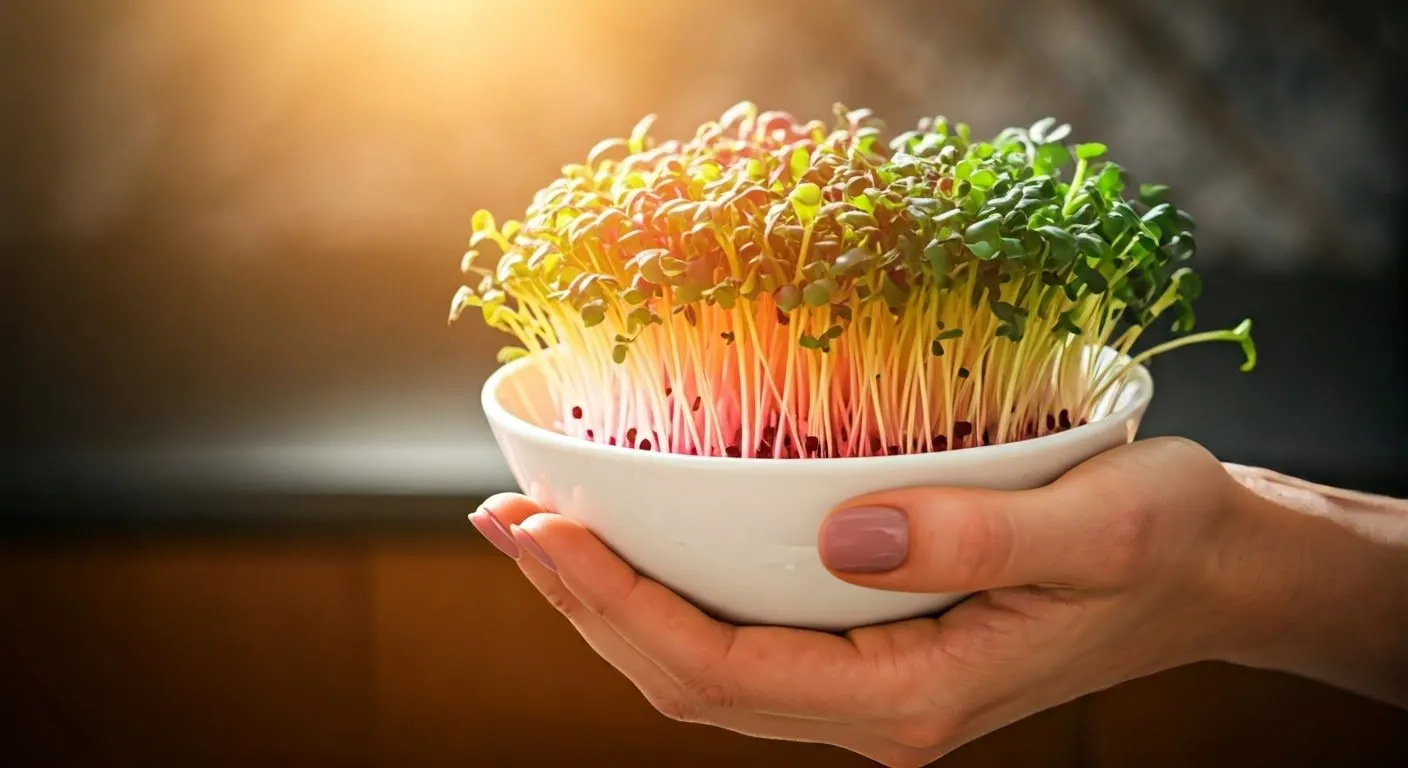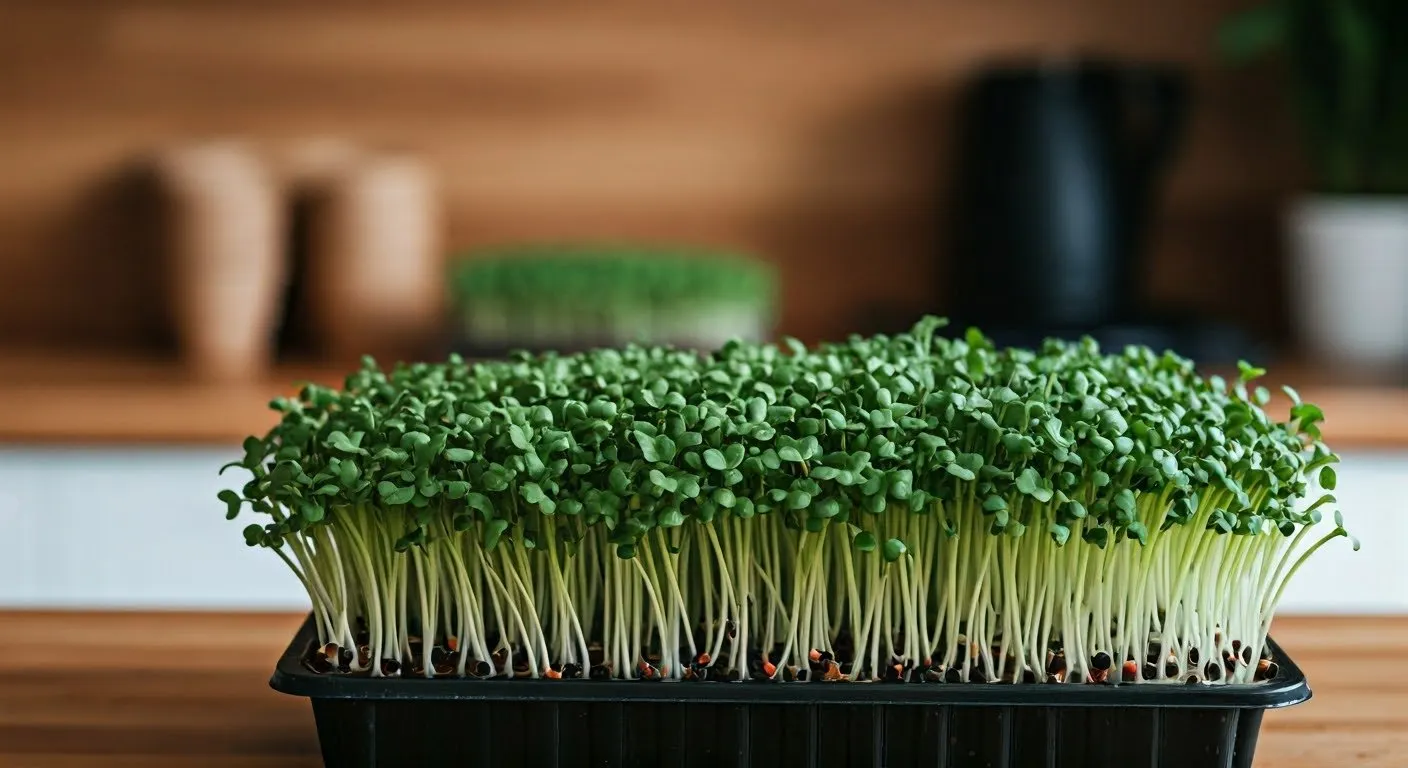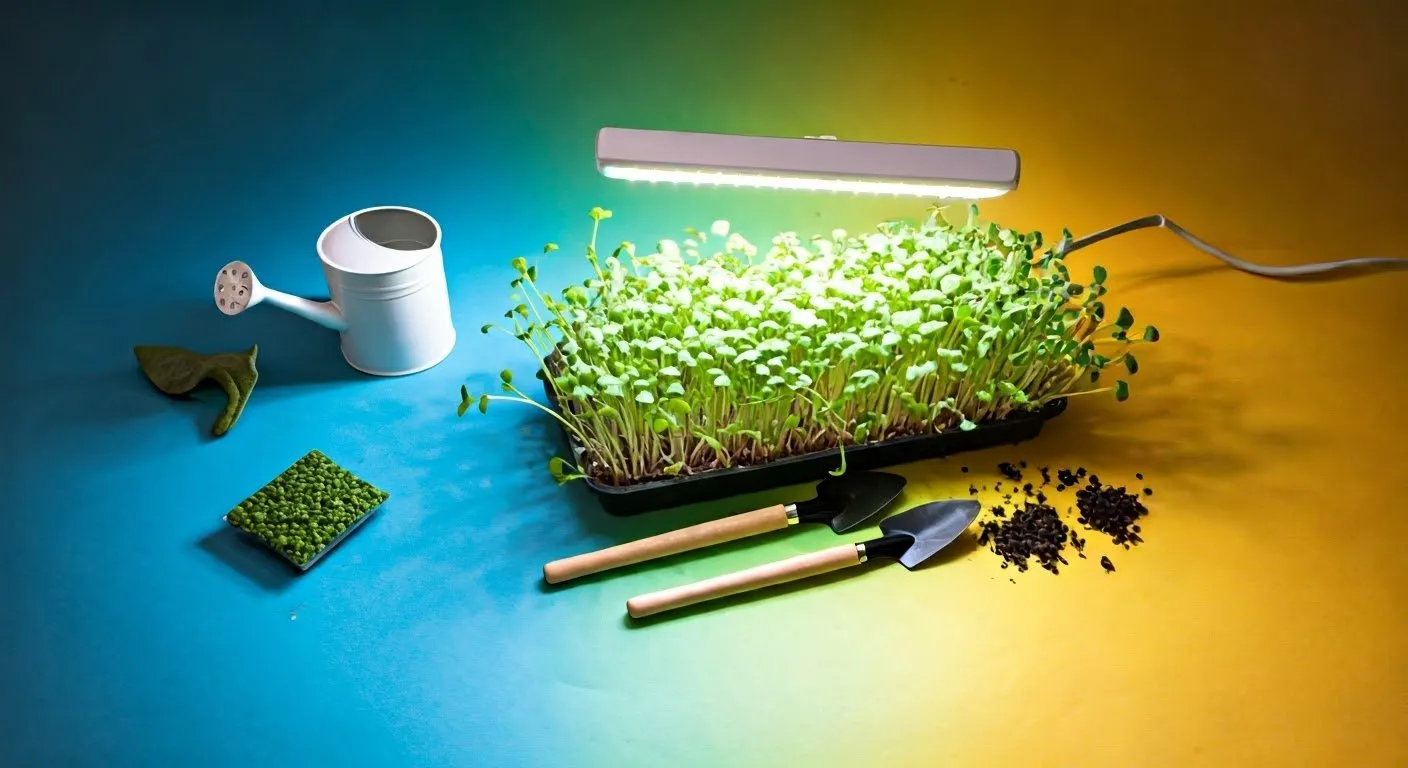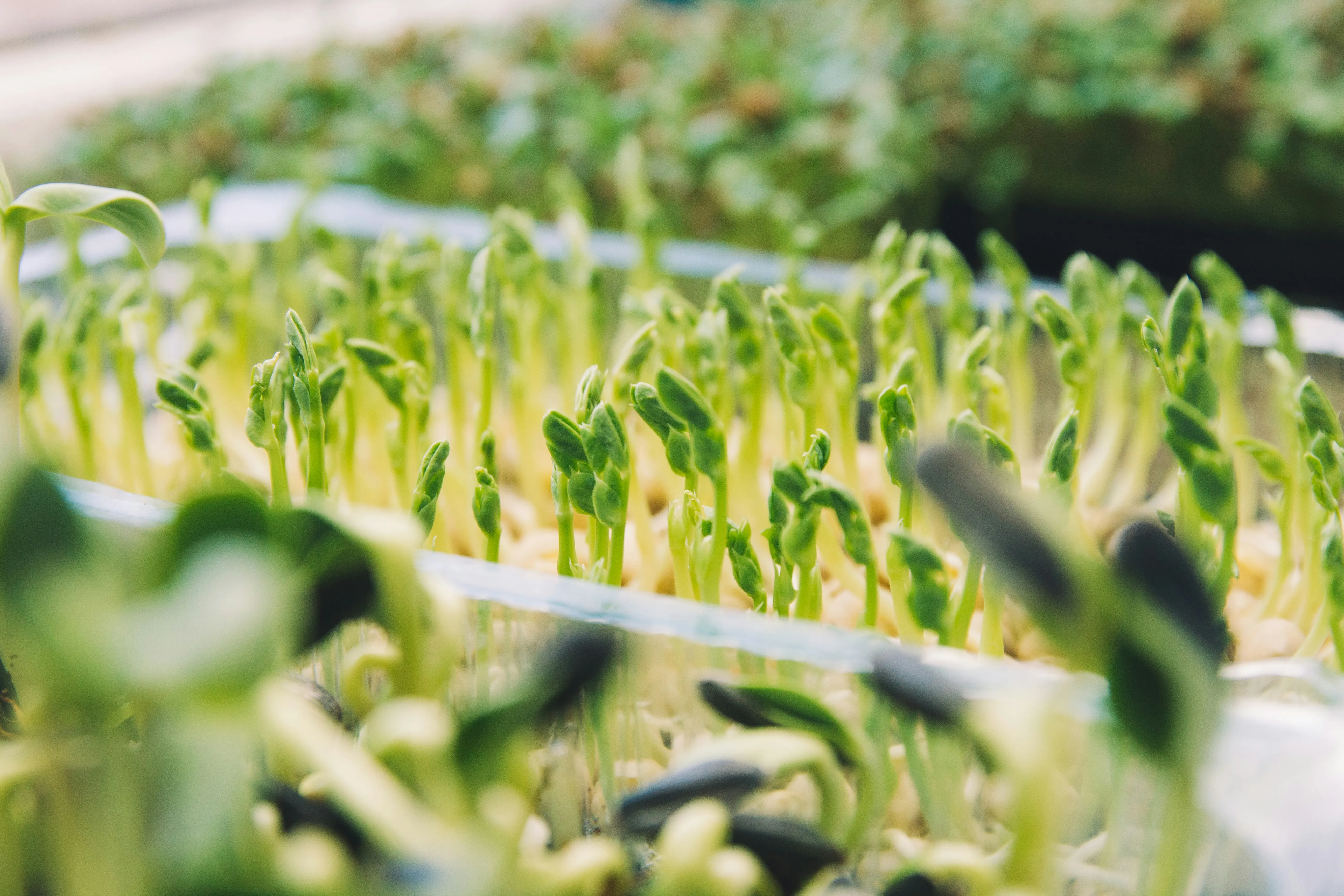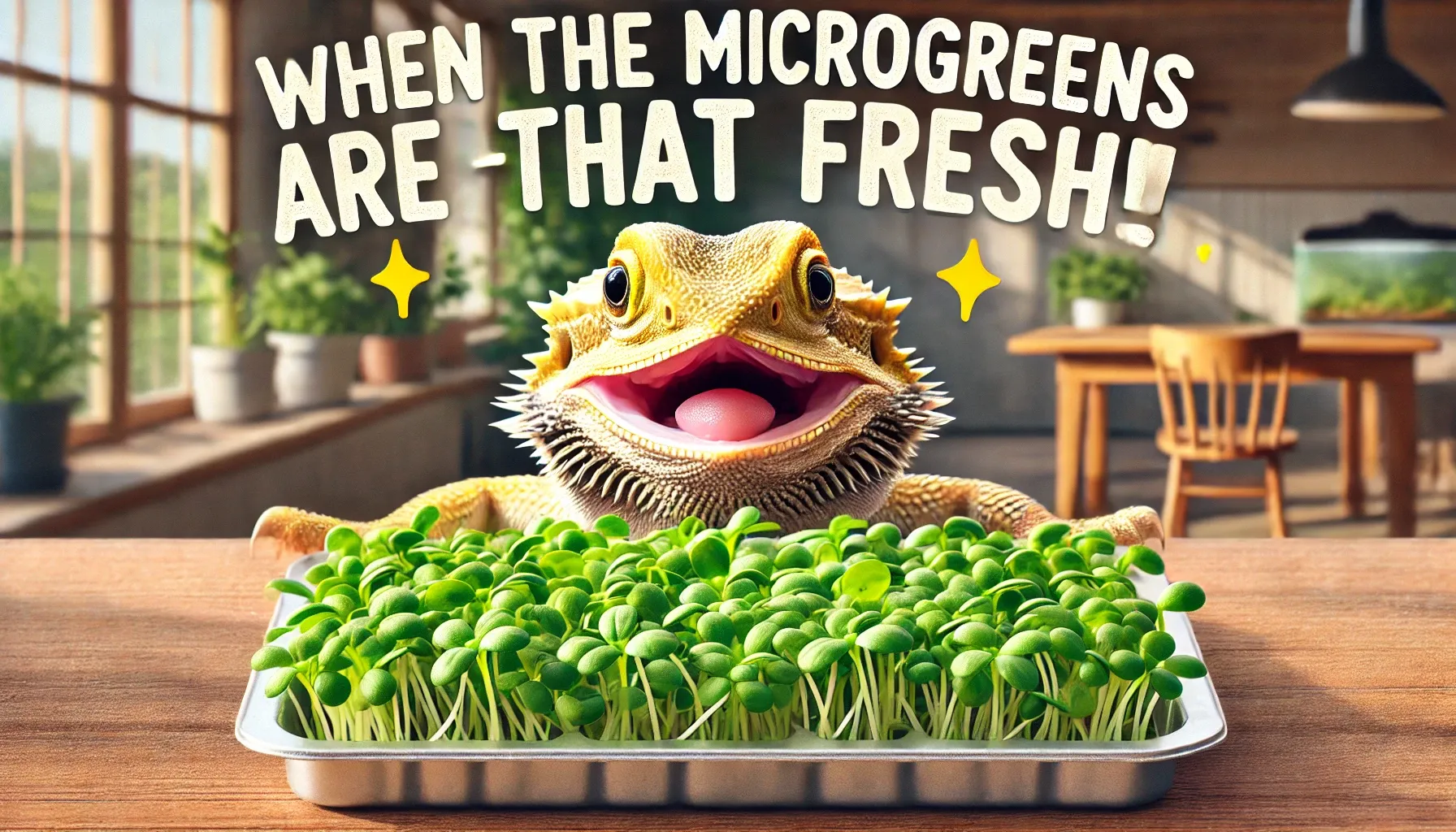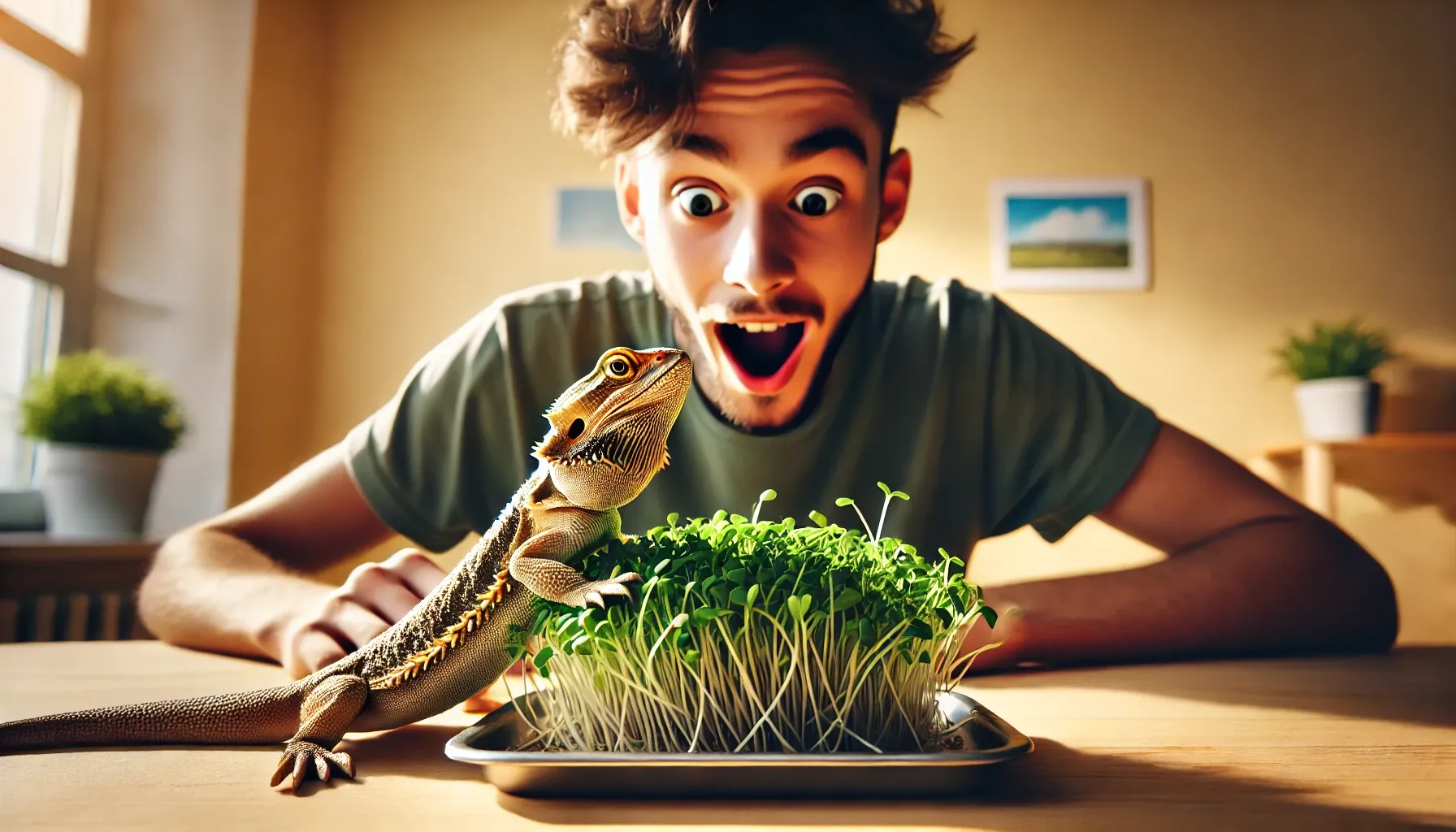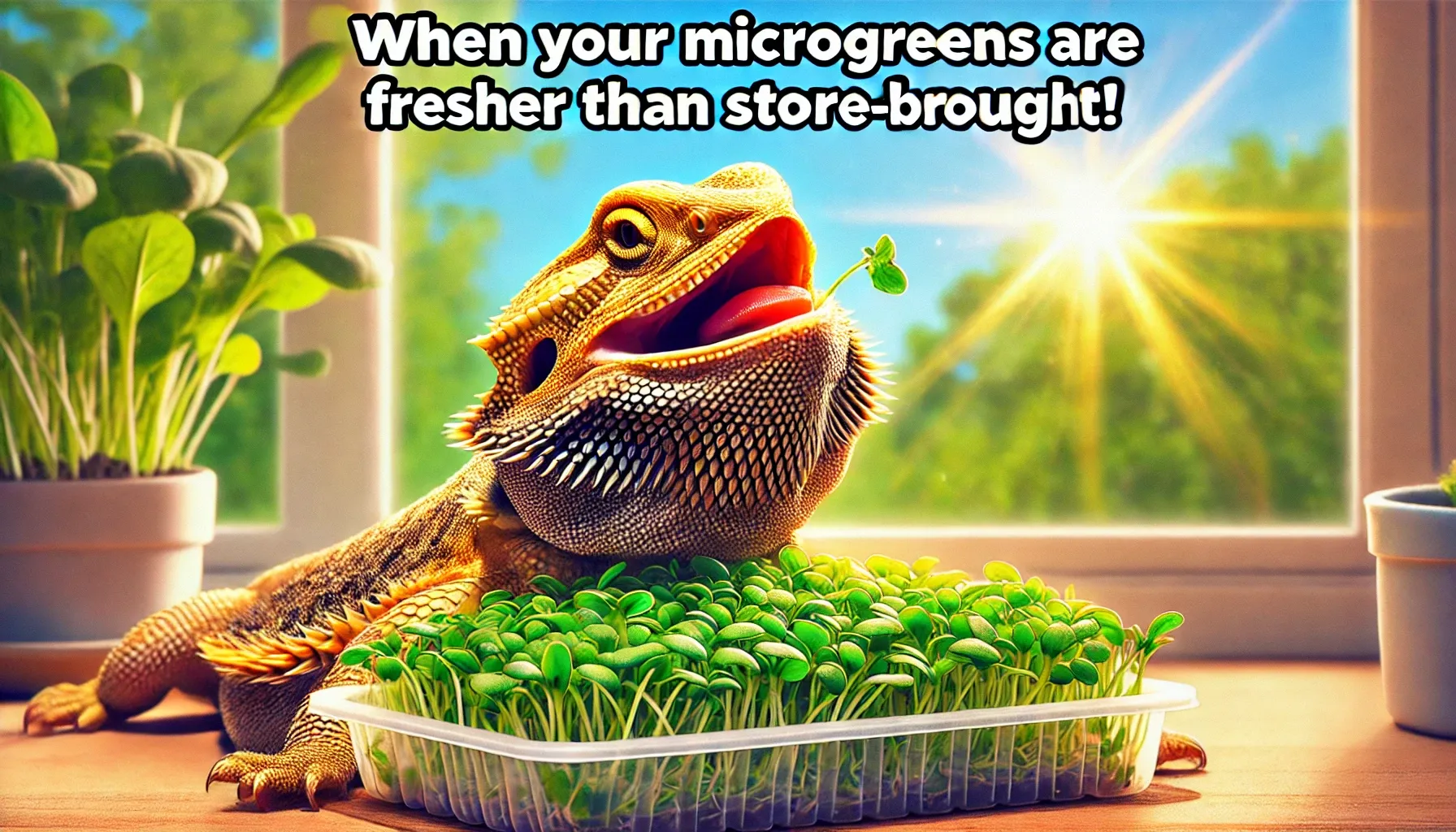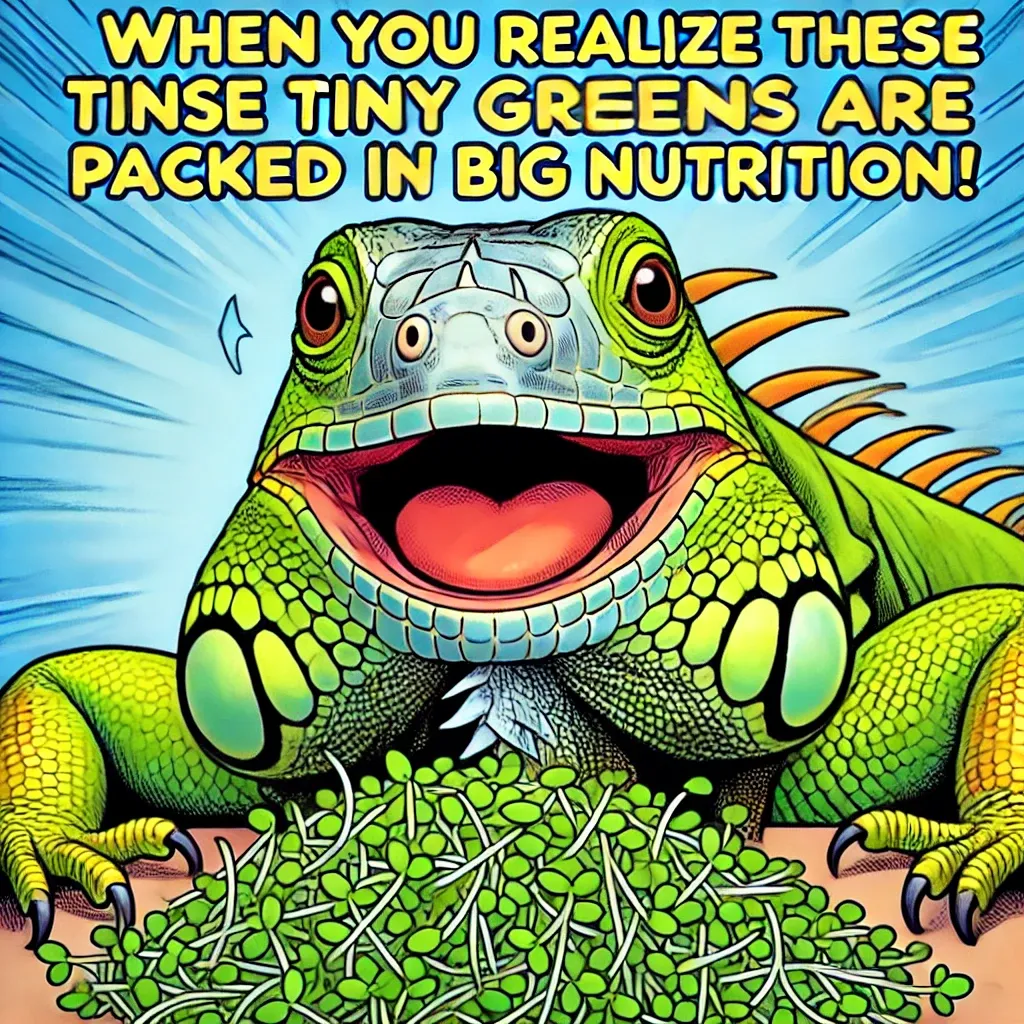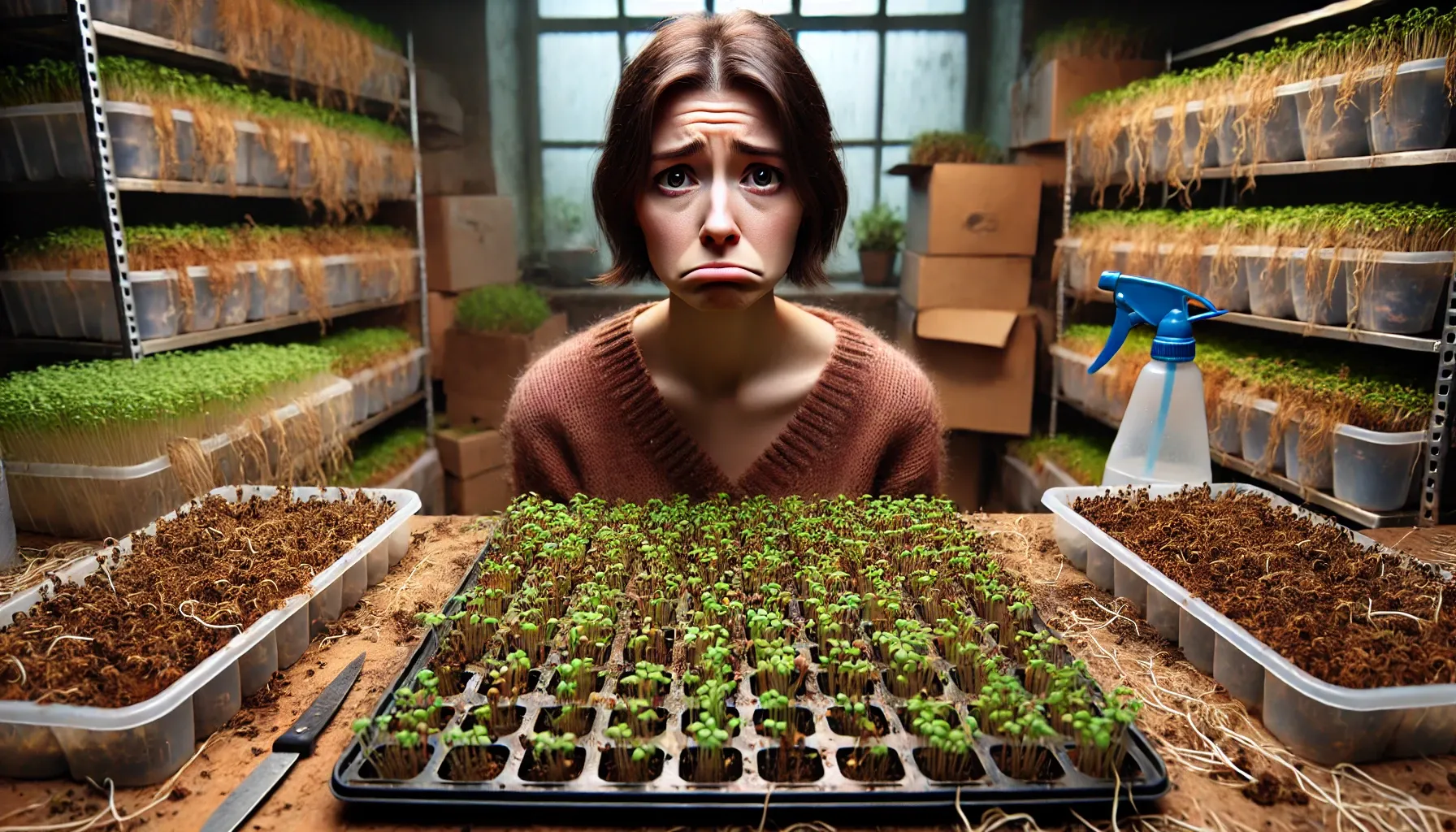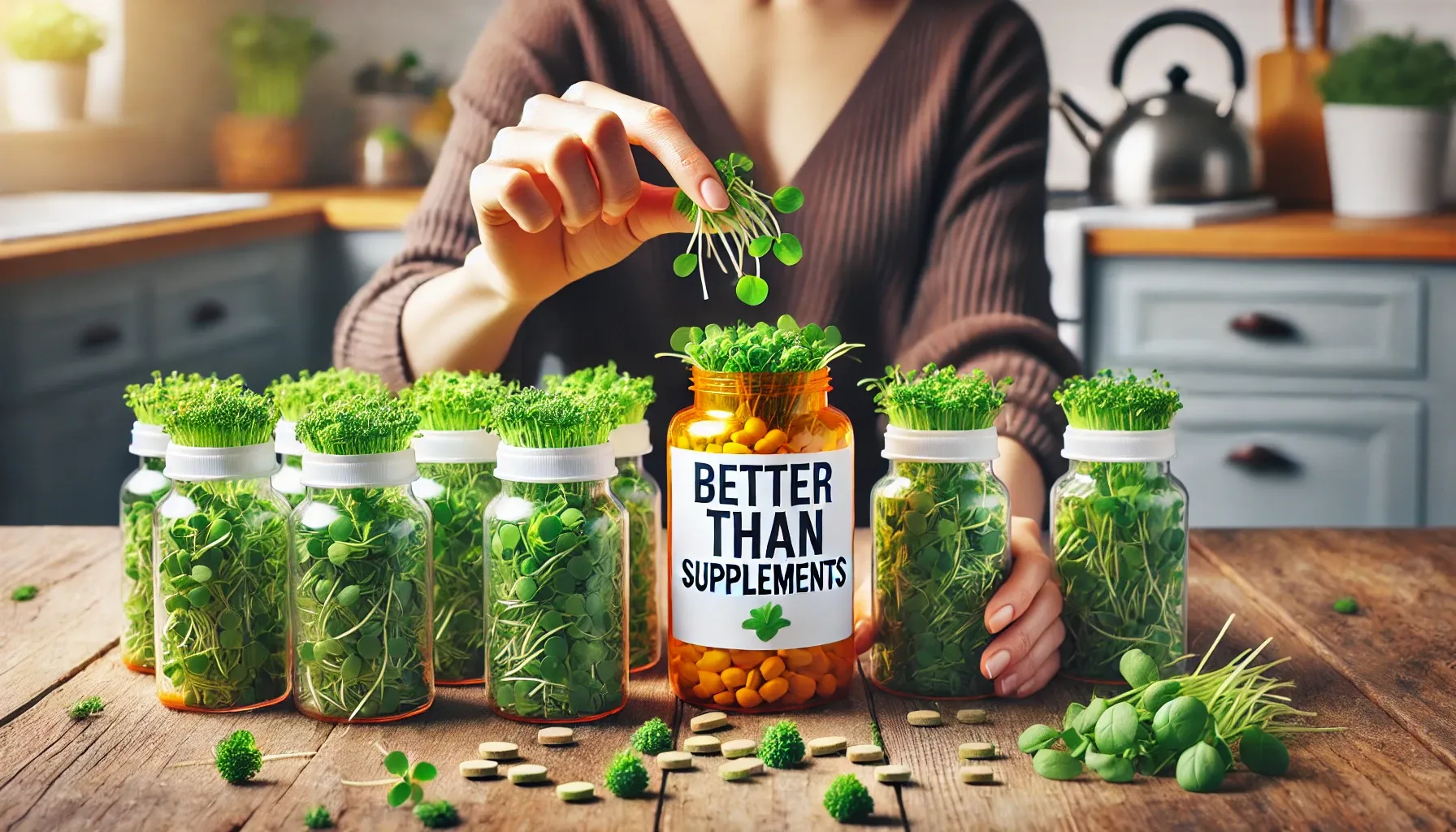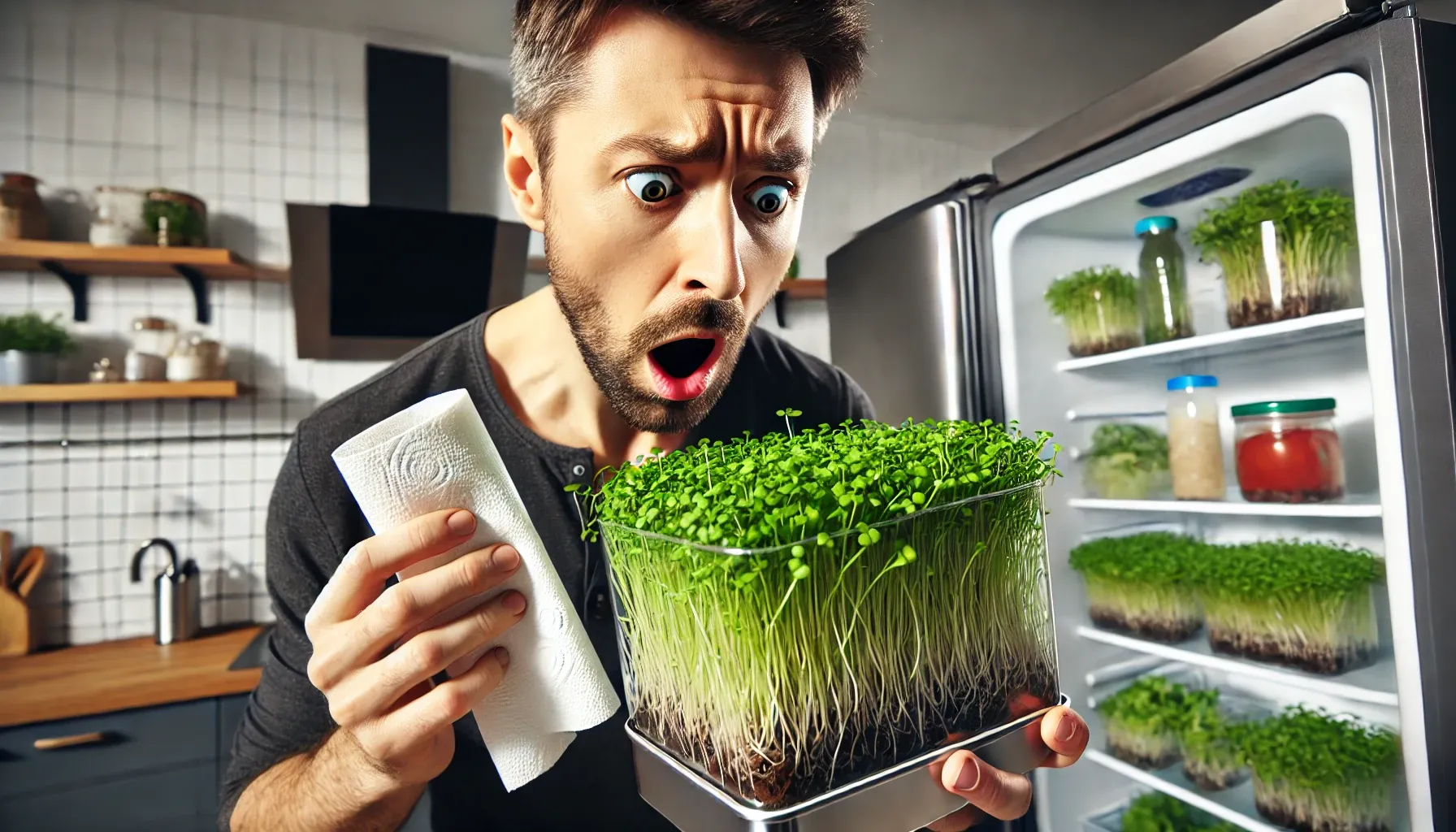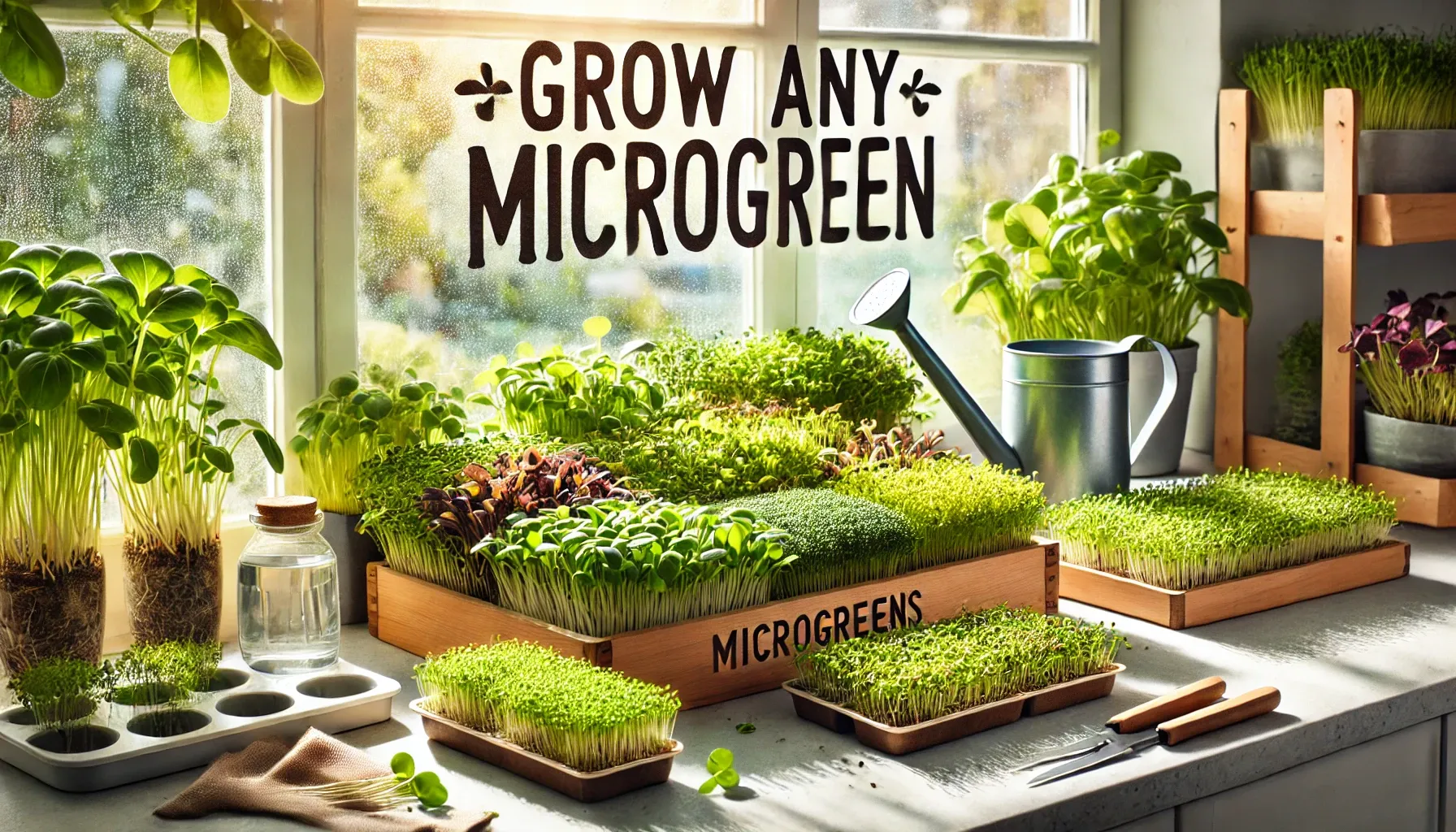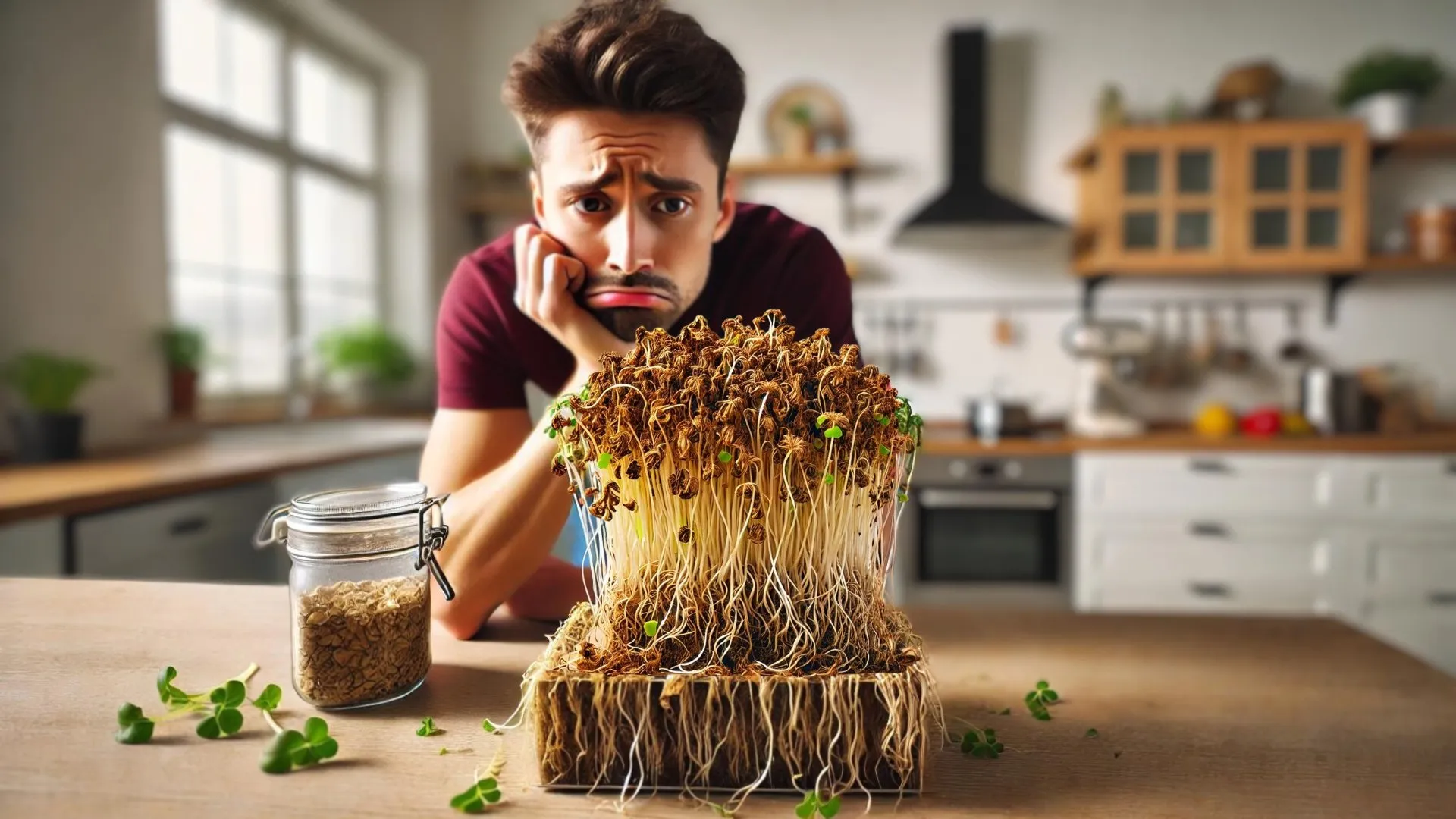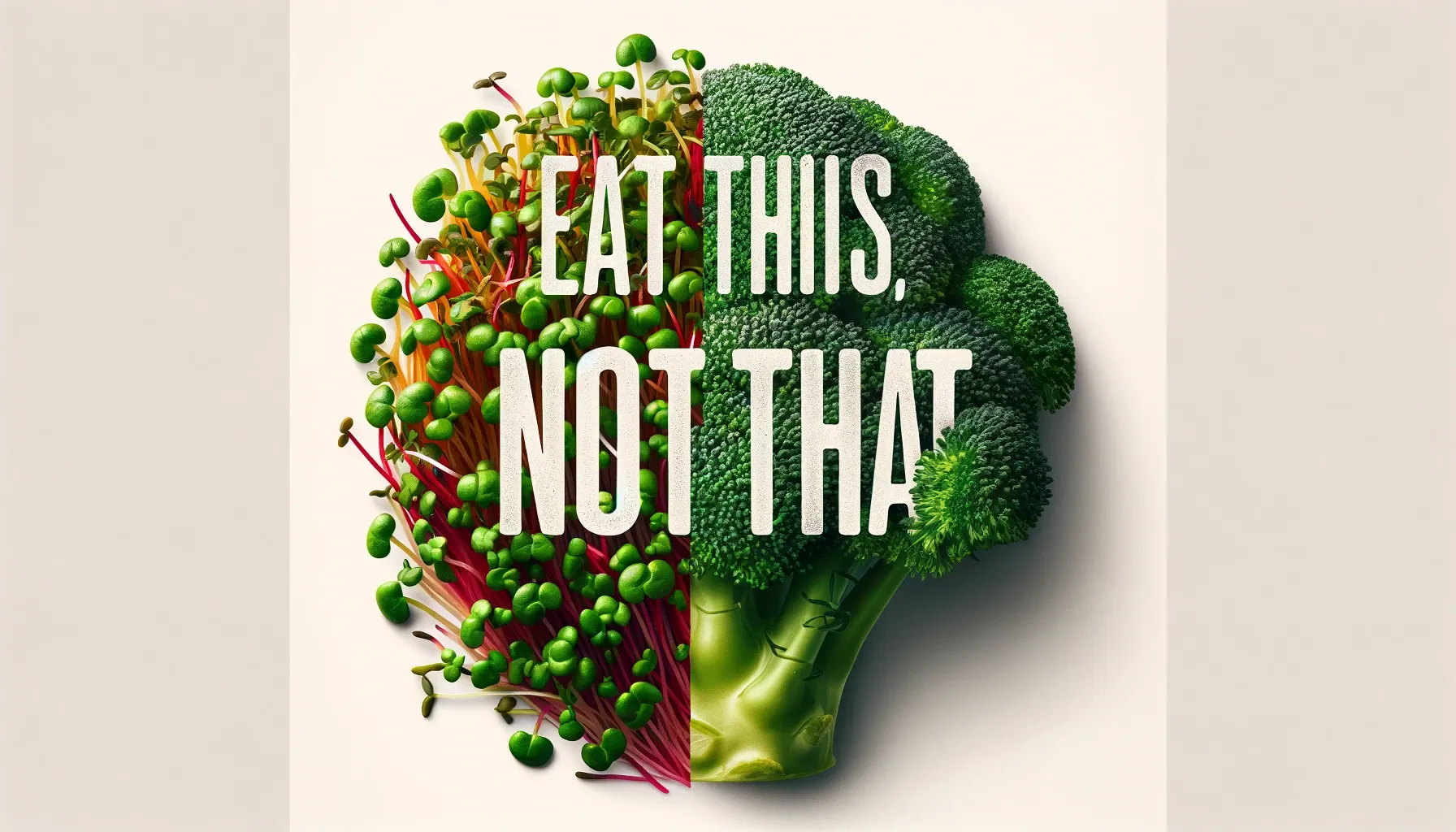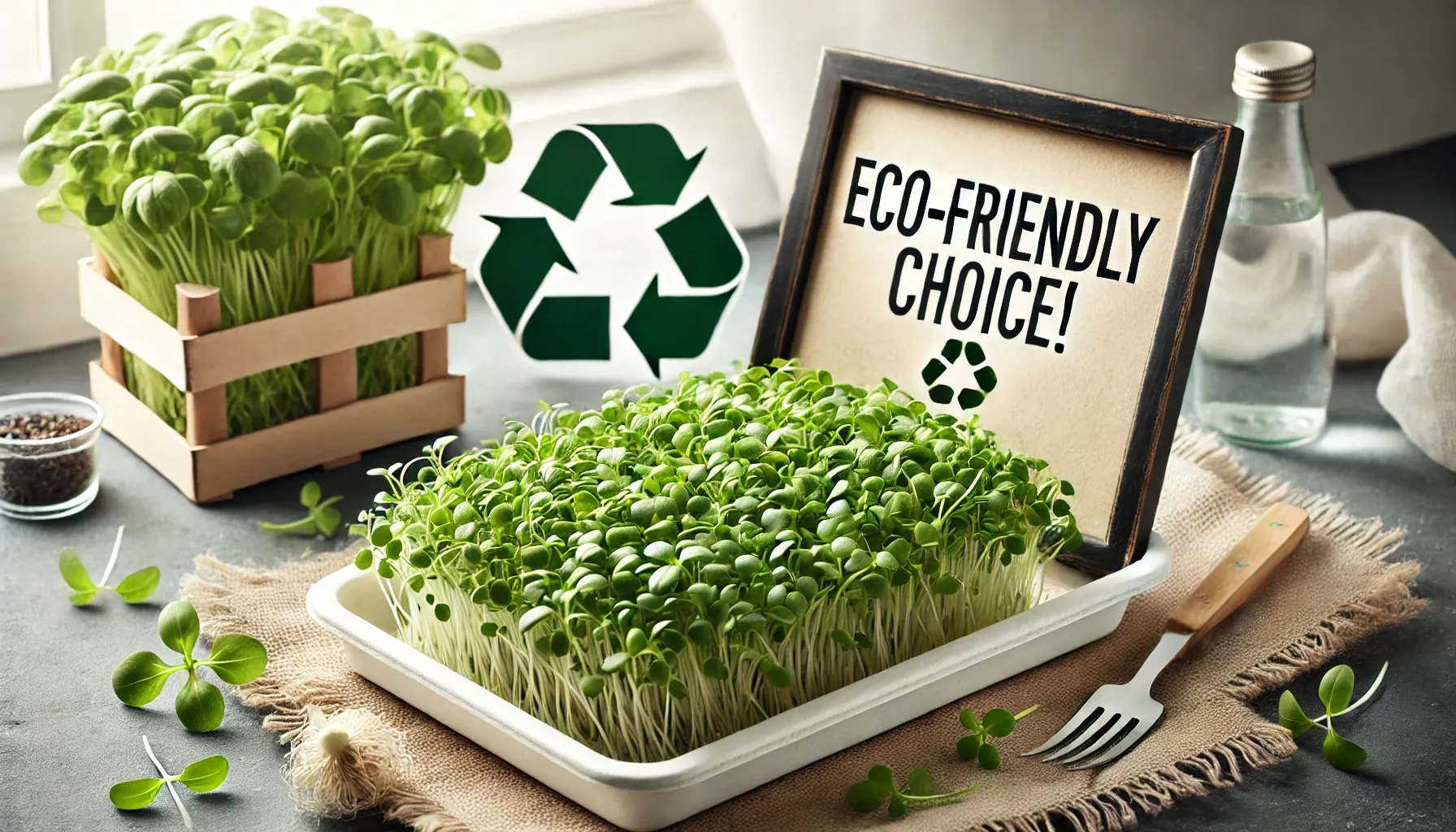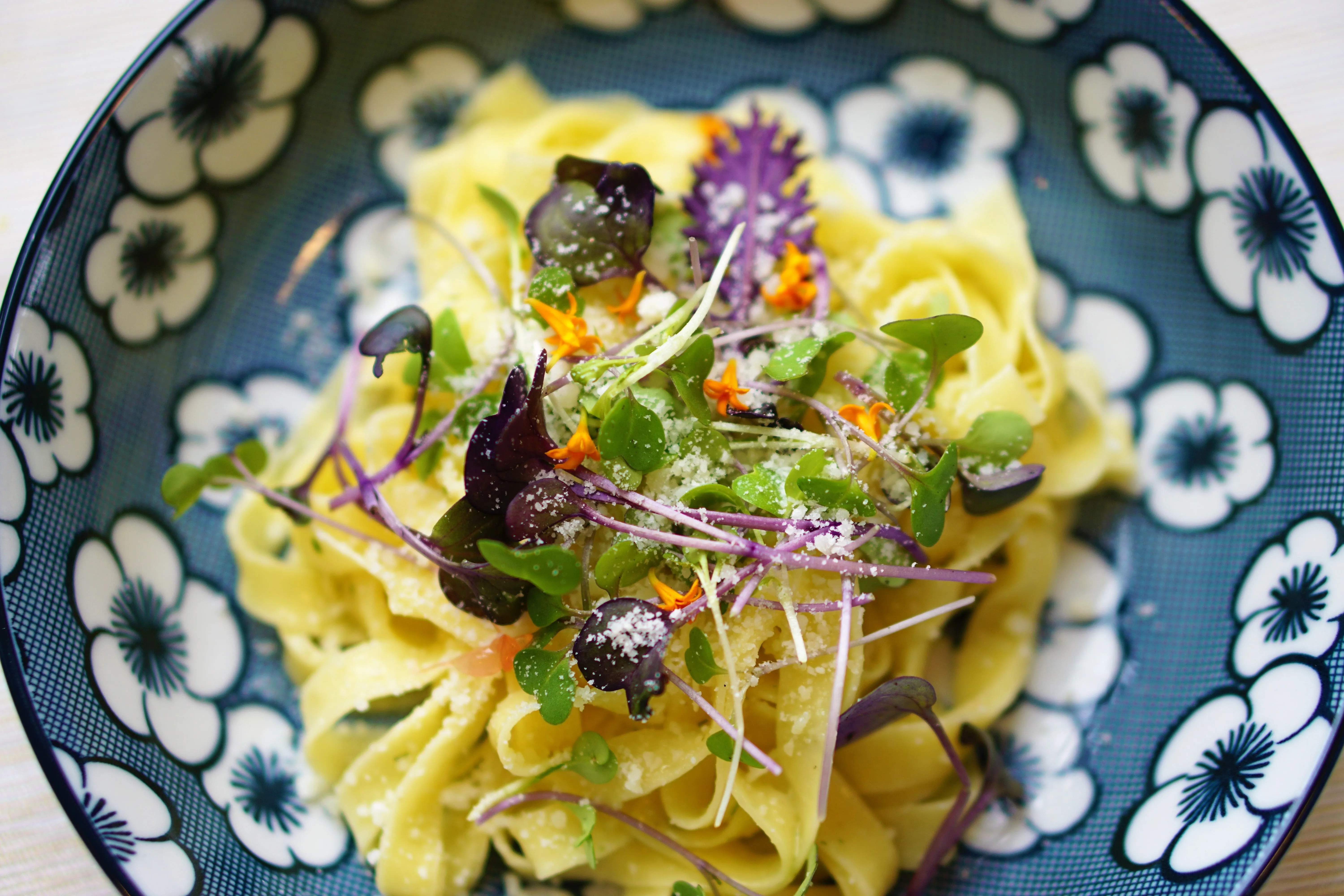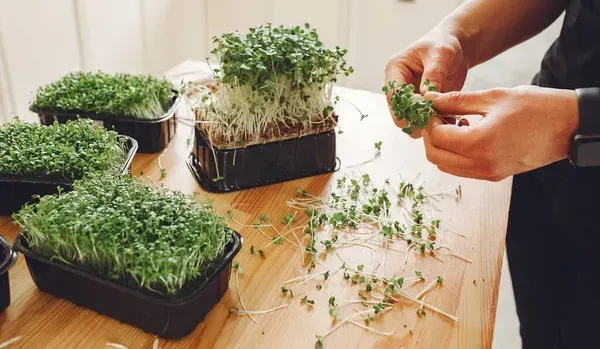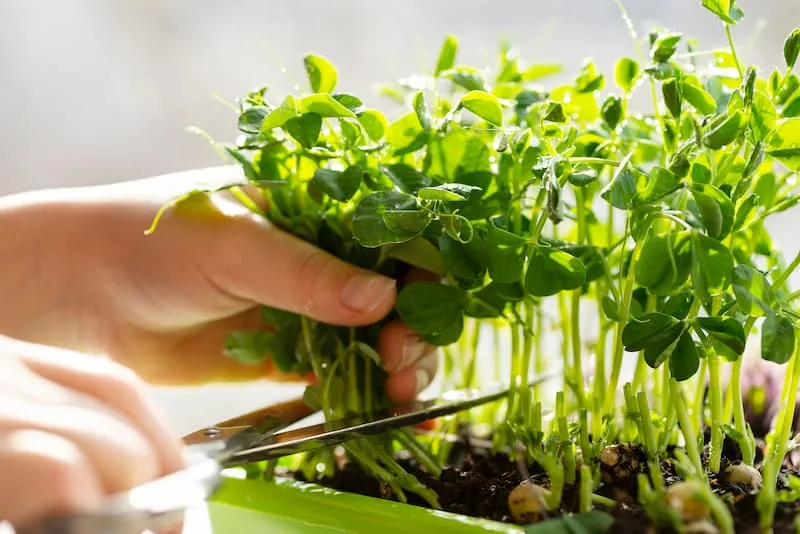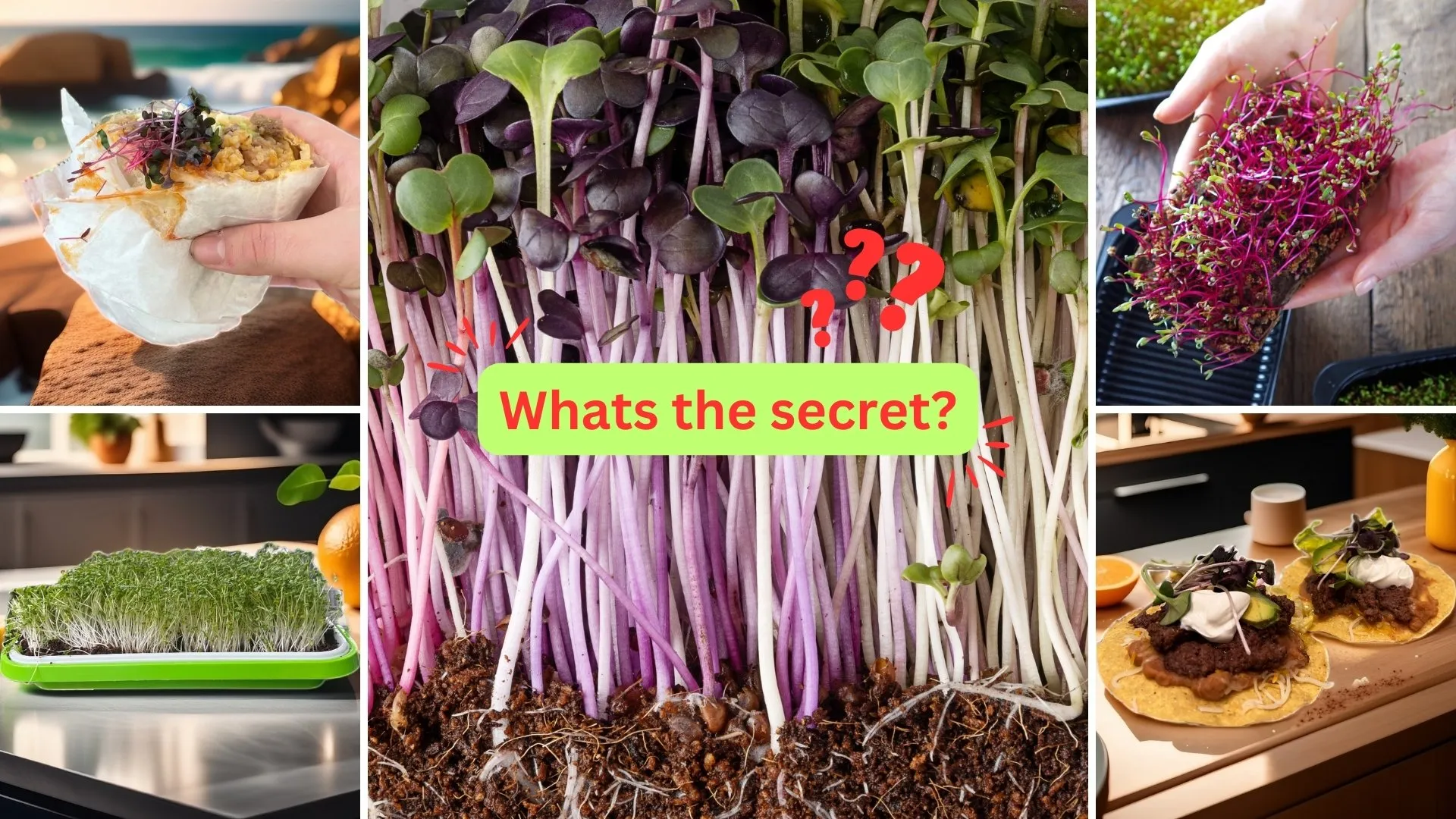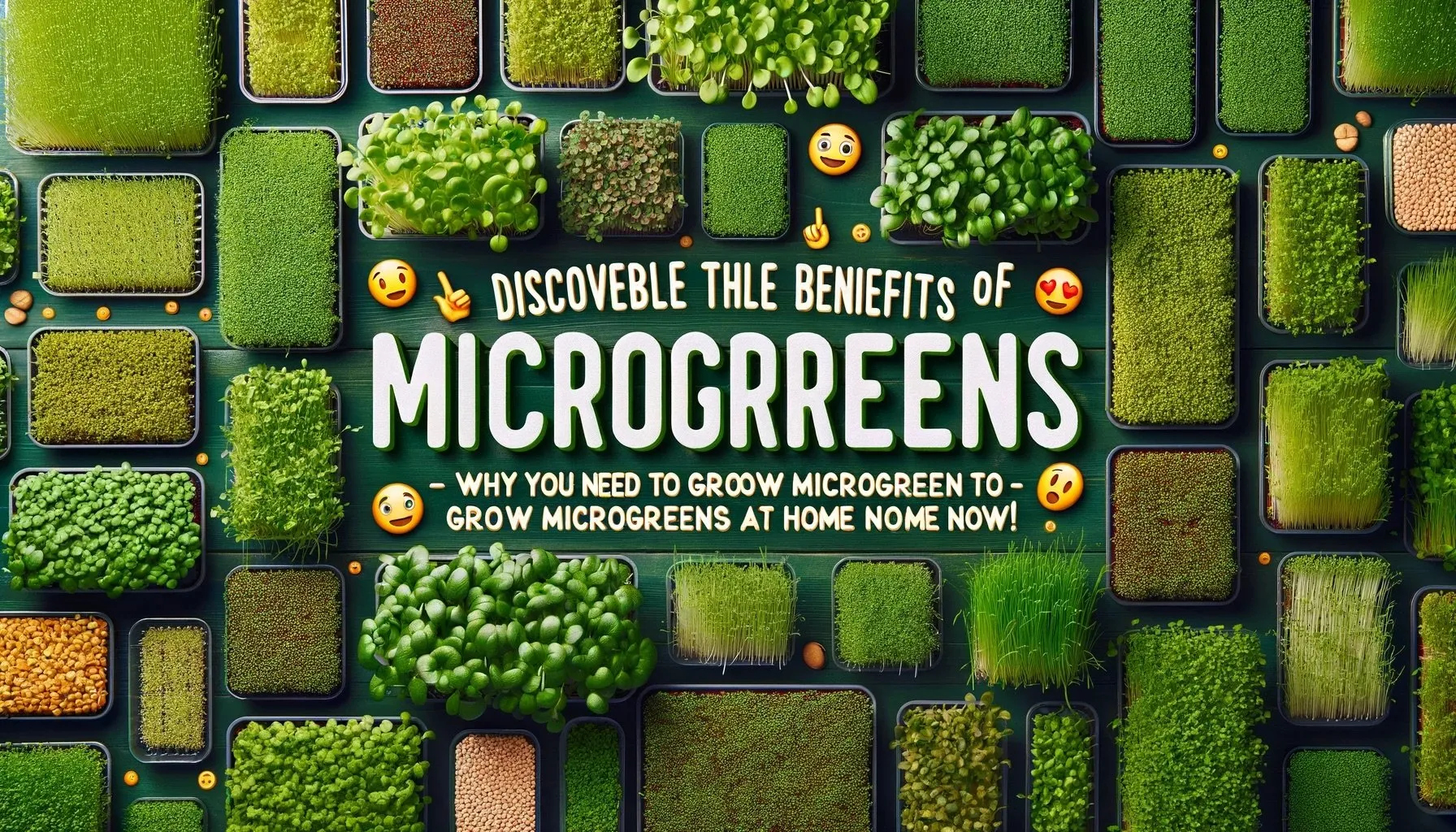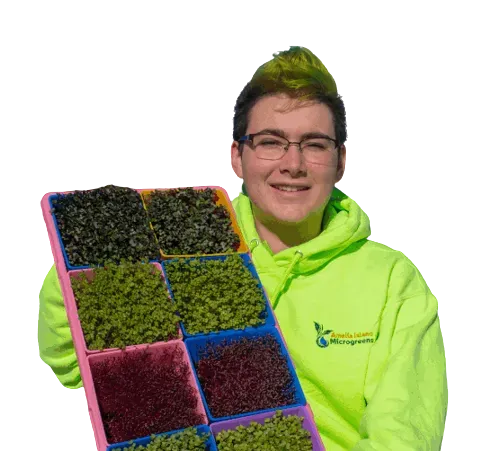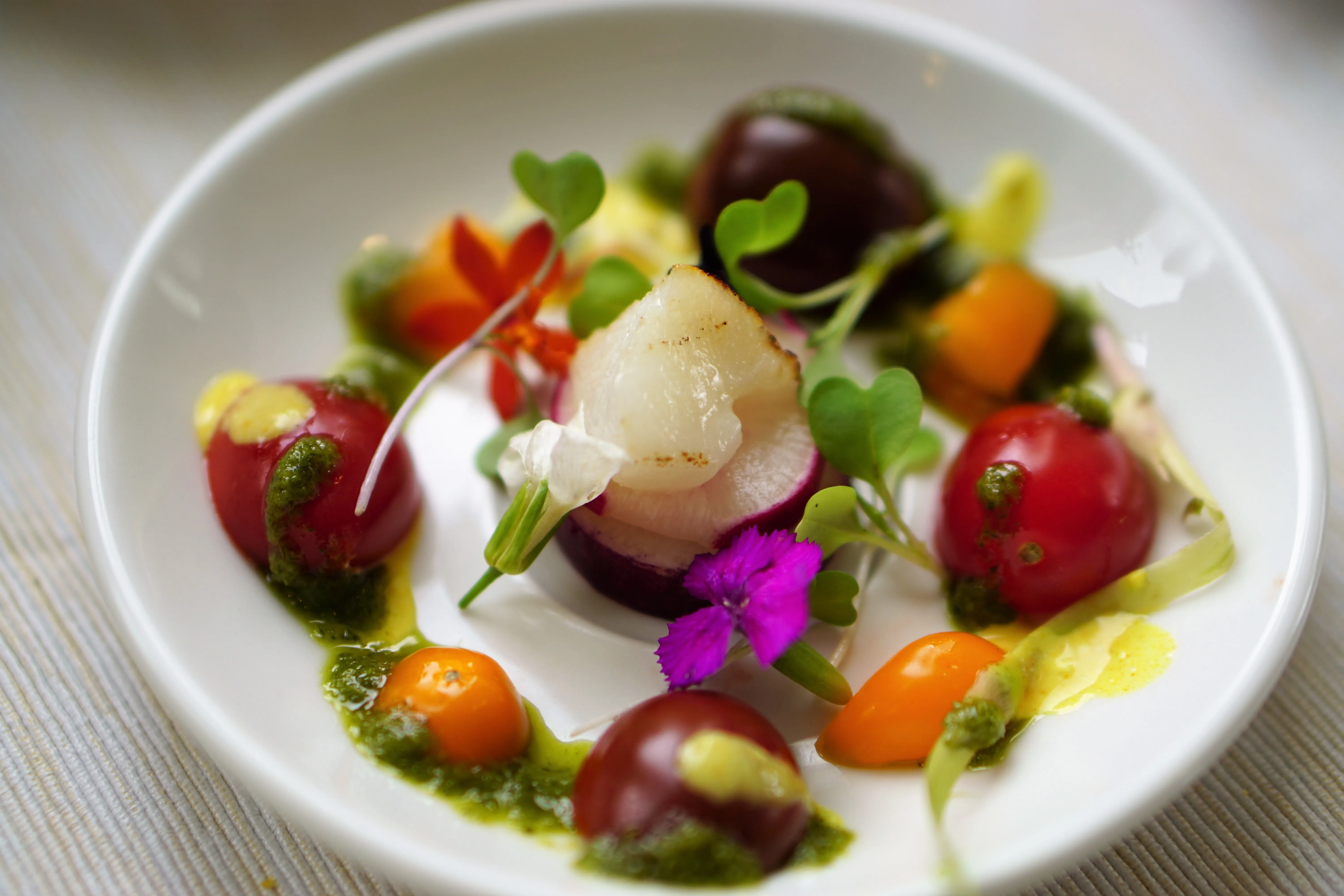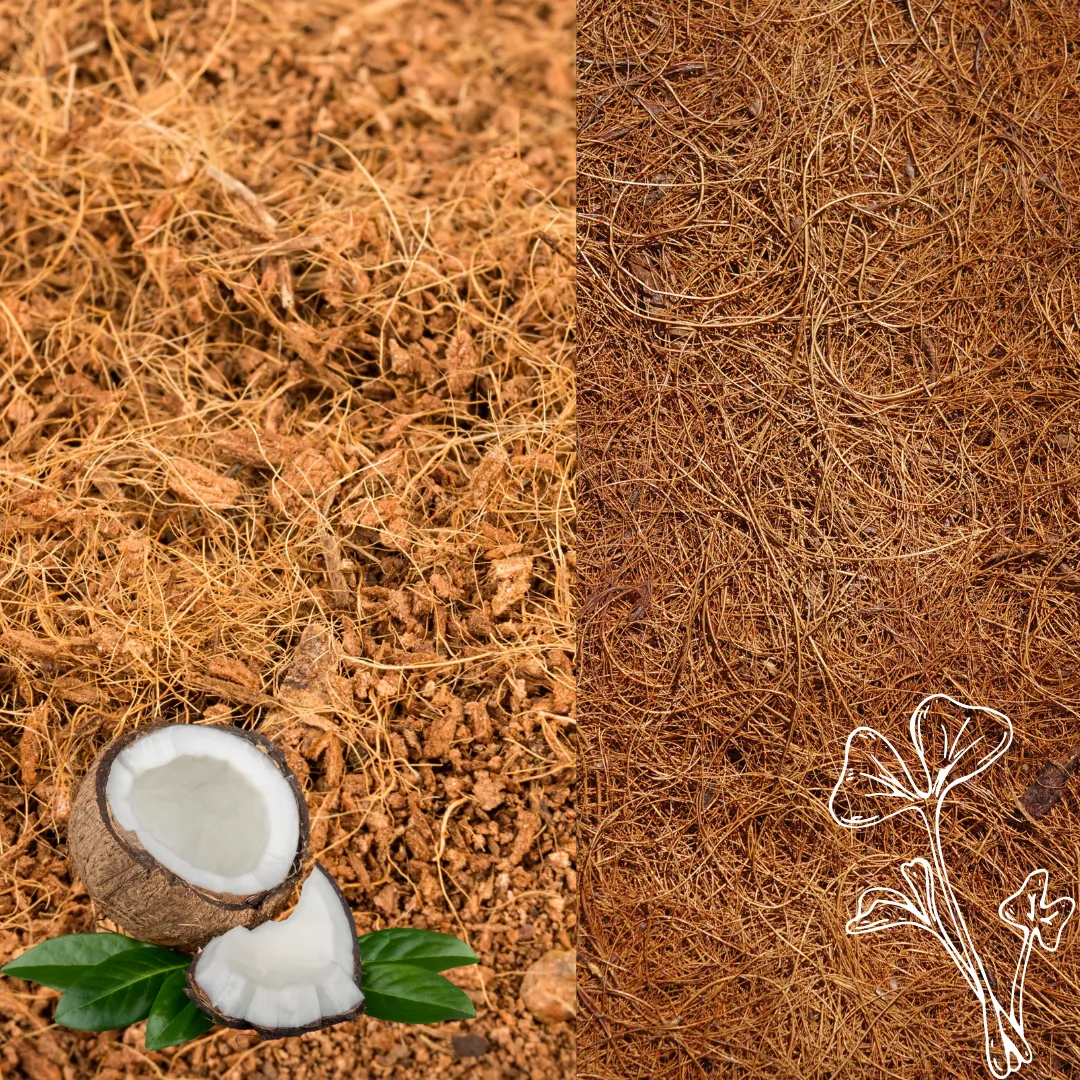Are Microgreens Safe for Iguanas? A Superfood Worth Growing at Home
If you're the proud owner of an iguana, you've likely asked yourself, “Are microgreens safe for iguanas?” The answer is a resounding yes—but not just any microgreens. When grown right and chosen wisely, microgreens can be a powerhouse of nutrition for your reptilian companion. One microgreen in particular is making waves in the reptile community: endive microgreens.
Why Microgreens? And Why Now?
Most reptile owners rely on store-bought greens to feed their iguanas—but here's the catch: those vegetables are often picked weeks (or even months) before they hit your grocery cart. During that time, their nutritional value drops significantly. Plus, there’s no way to truly know what chemicals or pesticides may have been used in the growing process.
That’s where homegrown microgreens come in. According to Connor Heel of Reptile Microgreens Jurassic Greens, microgreens—especially when grown at home—are pesticide-free, fresh, and up to 40% more nutrient-dense than their mature counterparts. Sounds like a no-brainer, right?
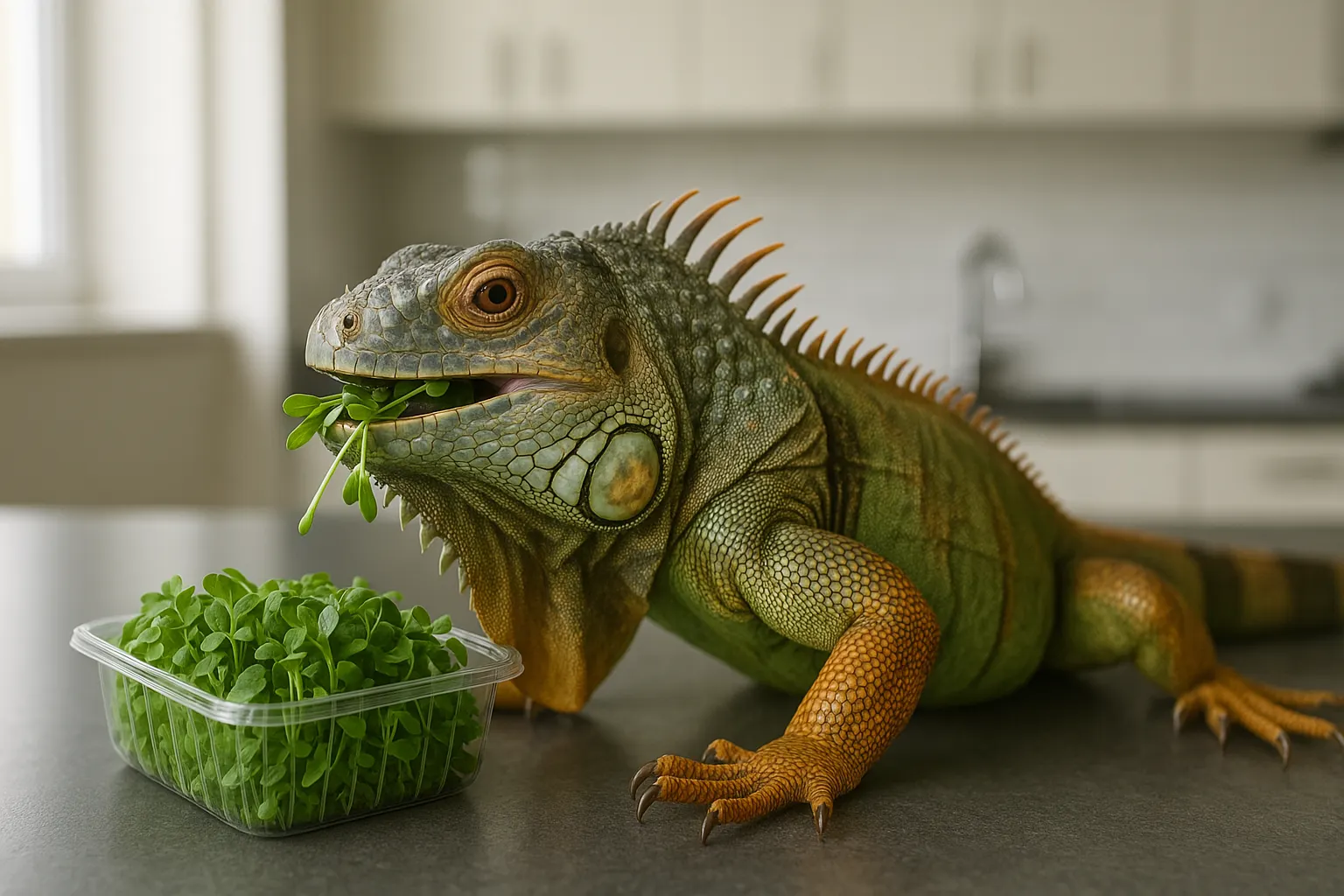
The Star of the Show: Endive Microgreens
Endive might not be the first green that comes to mind when feeding your iguana, but it should be. Endive microgreens are rich in vitamins A and K, both essential for vision, skin, and bone health. Even better? They're high in fiber and moisture, helping keep your iguana hydrated and promoting healthy digestion.
Let’s break down a few of the benefits:
- Hydration Boost: The water content in endive microgreens makes them perfect for iguanas, who can benefit from a little extra hydration—especially when misted with water before feeding.
- Gut Health: Endive contains natural probiotics and fiber, helping to support digestion and regular movement (yes, the healthy kind of “movement”).
- Immune Support: These microgreens help build a strong immune system, which is essential for keeping your iguana active and resilient.
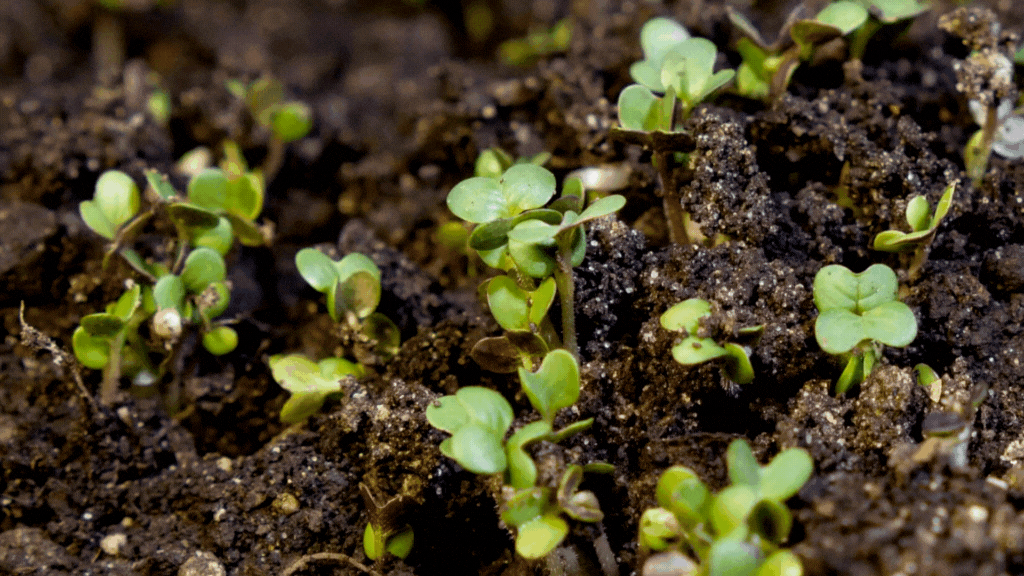
Not All Greens Are Good Greens
While microgreens like endive are incredibly beneficial, not every green is a safe option for iguanas. Here are three vegetables to avoid:
- Iceberg Lettuce – It’s mostly water and offers little to no nutritional value.
- Spinach – Contains oxalates that block calcium absorption, which can lead to metabolic bone disease.
- Rhubarb – Toxic to reptiles and should never be fed to your iguana.

How to Get Started with Microgreens
Growing your own microgreens might sound intimidating, but it’s surprisingly easy. In fact, Connor says you can grow endive microgreens at home in just 7 days. That means within a week, you could be feeding your iguana one of the healthiest foods available—fresh from your windowsill.
🌱 Pro Tip: Lightly mist your microgreens with water before serving to give your iguana an extra hydration boost during feeding time.
Ready to Go Green?
So, are microgreens safe for iguanas? Absolutely—especially when you're talking about endive. These little greens pack a nutritional punch that can improve digestion, hydration, and overall well-being. If you haven’t yet introduced microgreens into your iguana’s diet, now is the perfect time to start.
Looking to learn more? Connor offers a free Microgreen Master Course just for reptile owners. Text “REPTILE” to 26786 to get started and take the next step in giving your pet the diet it deserves.
Have you tried feeding your iguana microgreens yet? Share your experience (and your iguana's reaction!) in the comments below. We'd love to hear your story—and maybe feature it in a future post!


